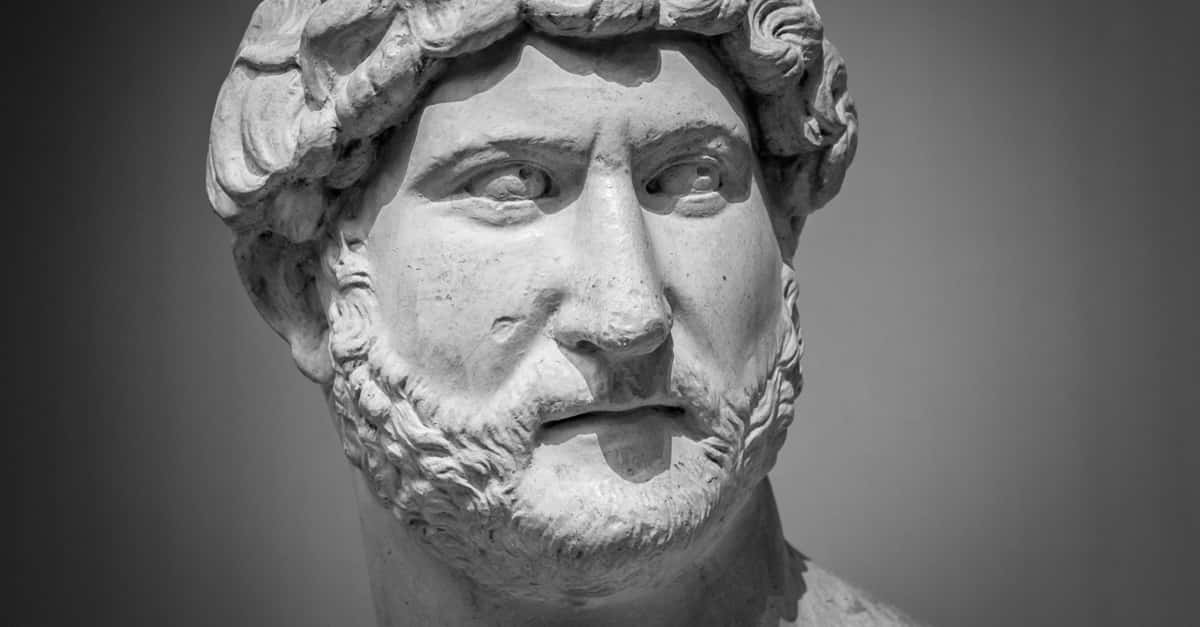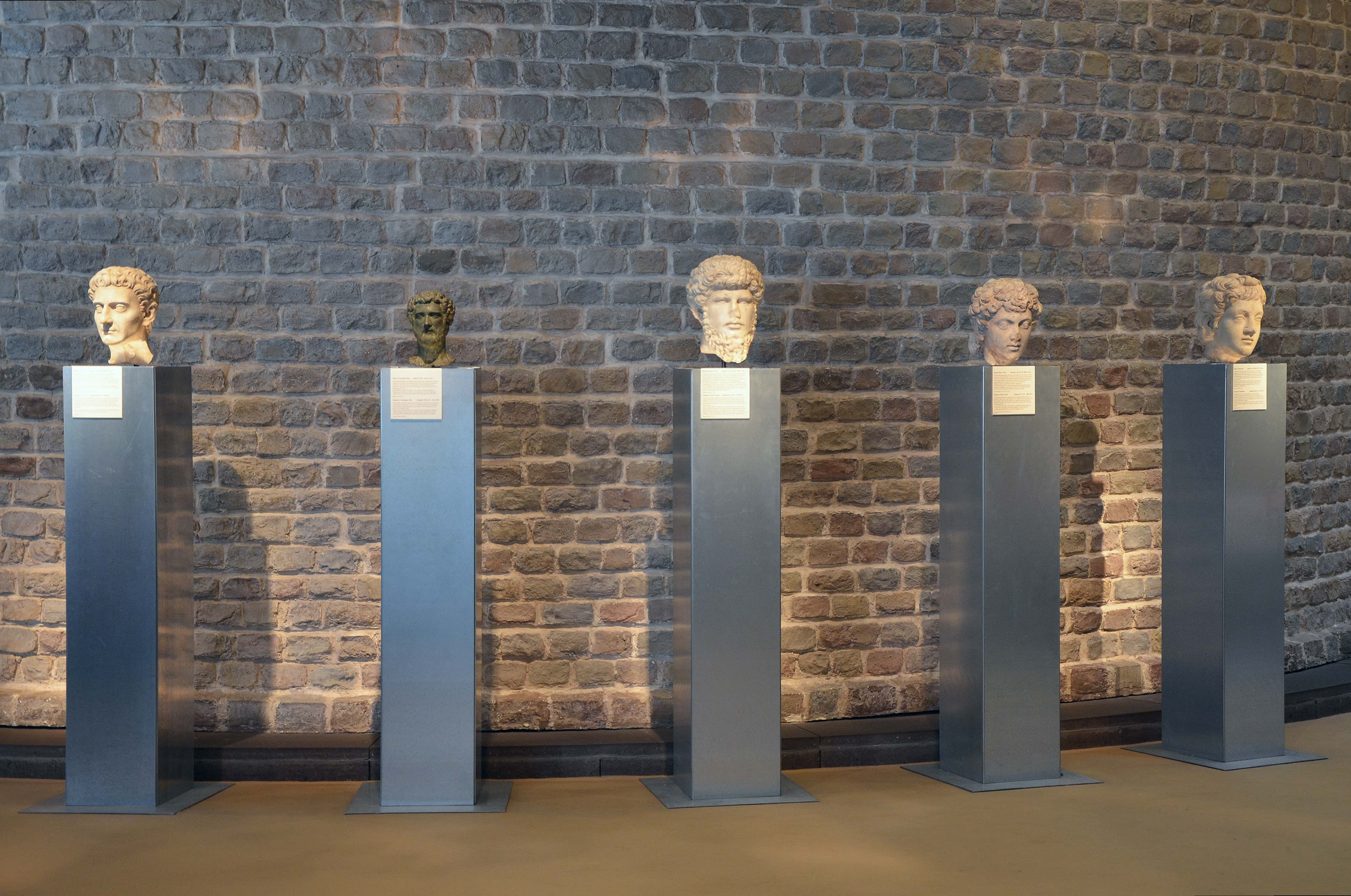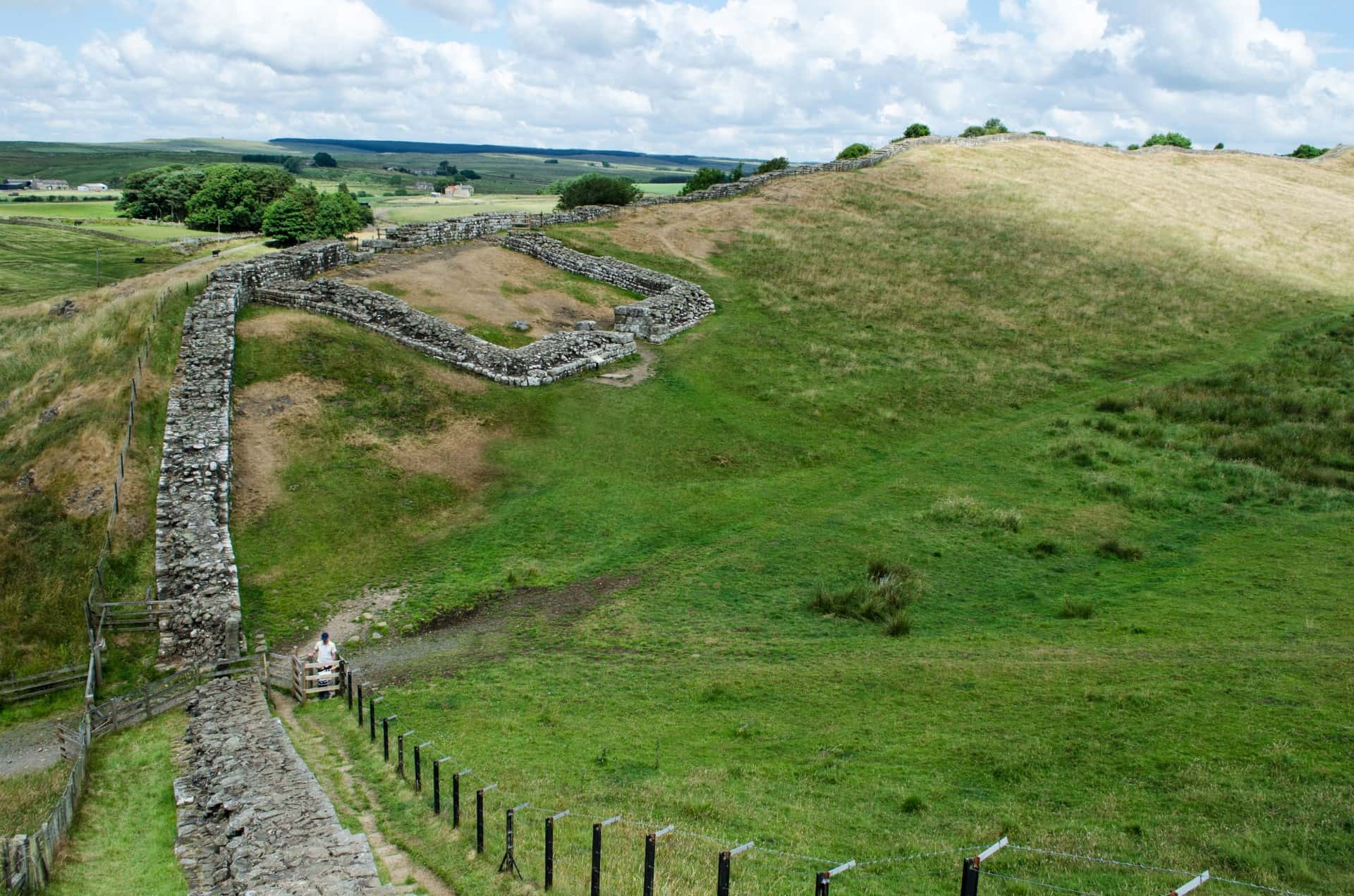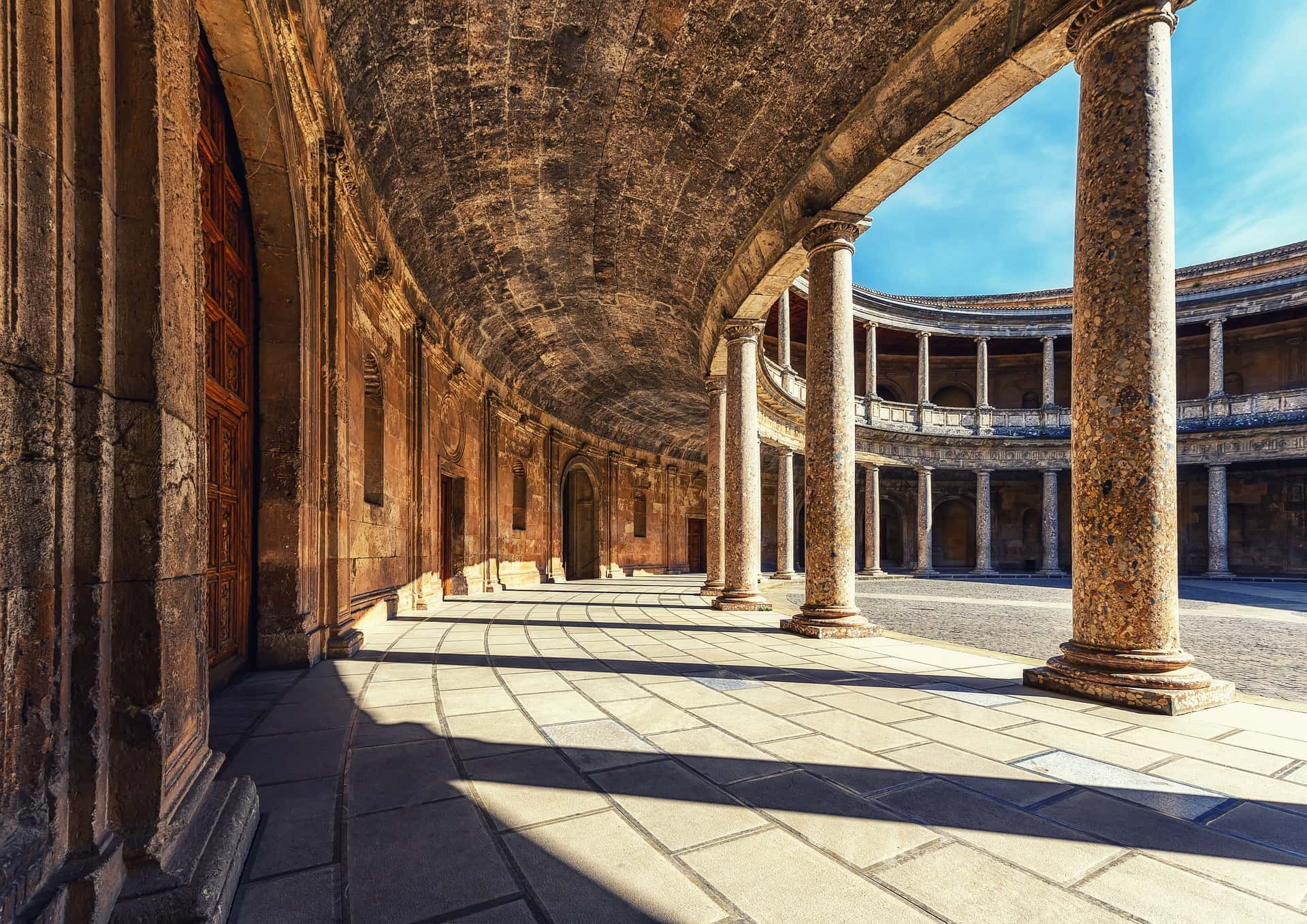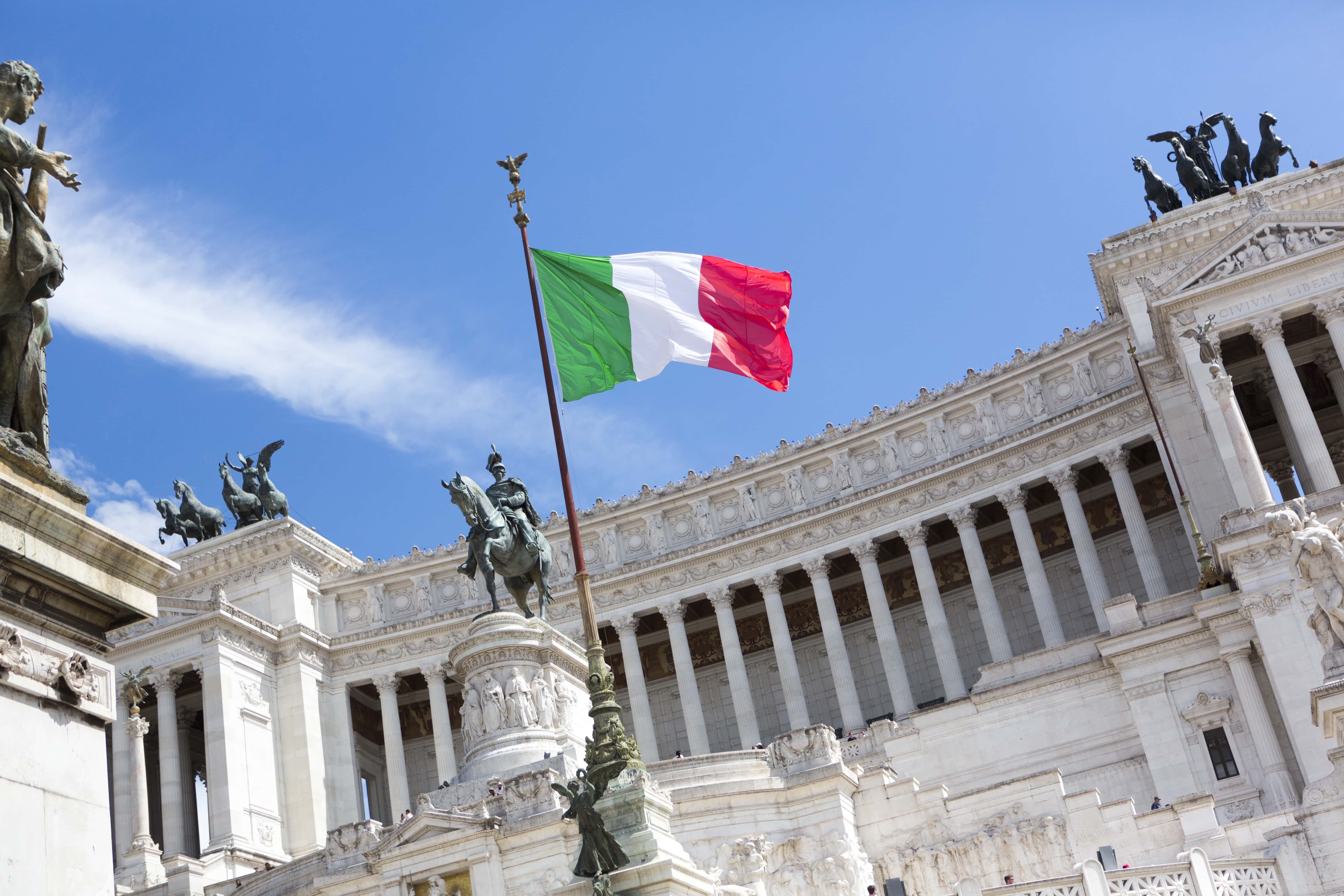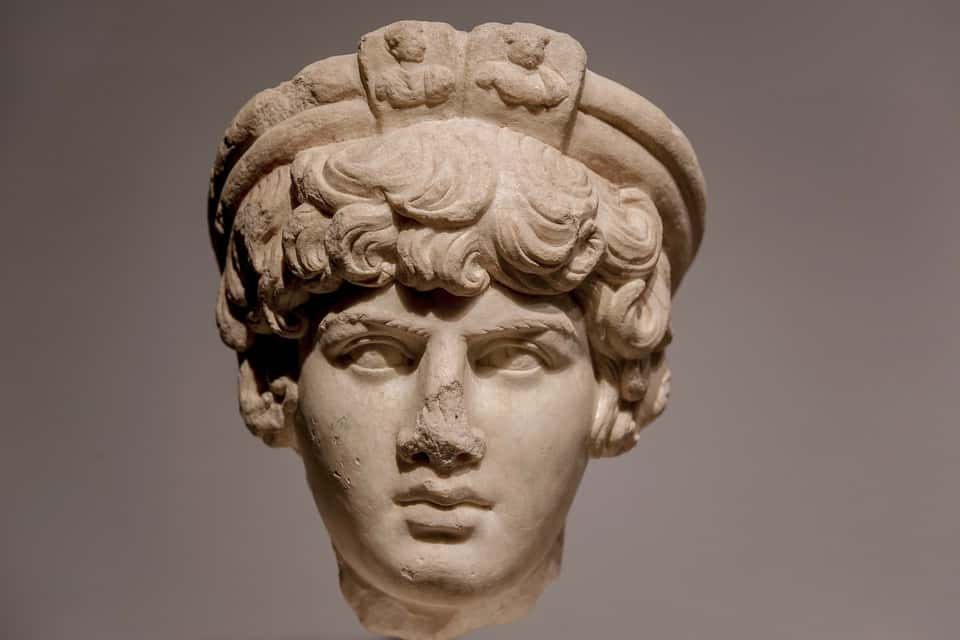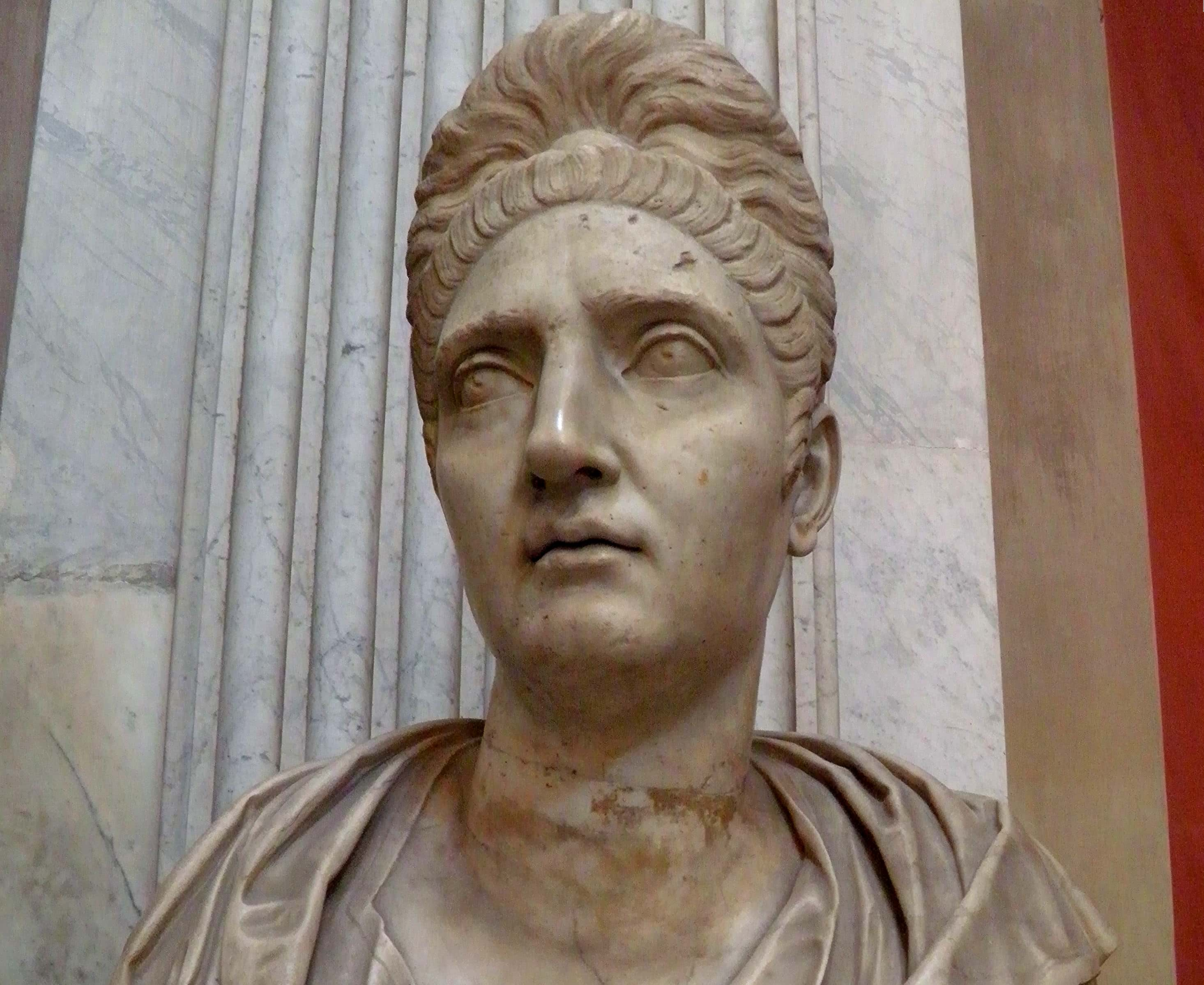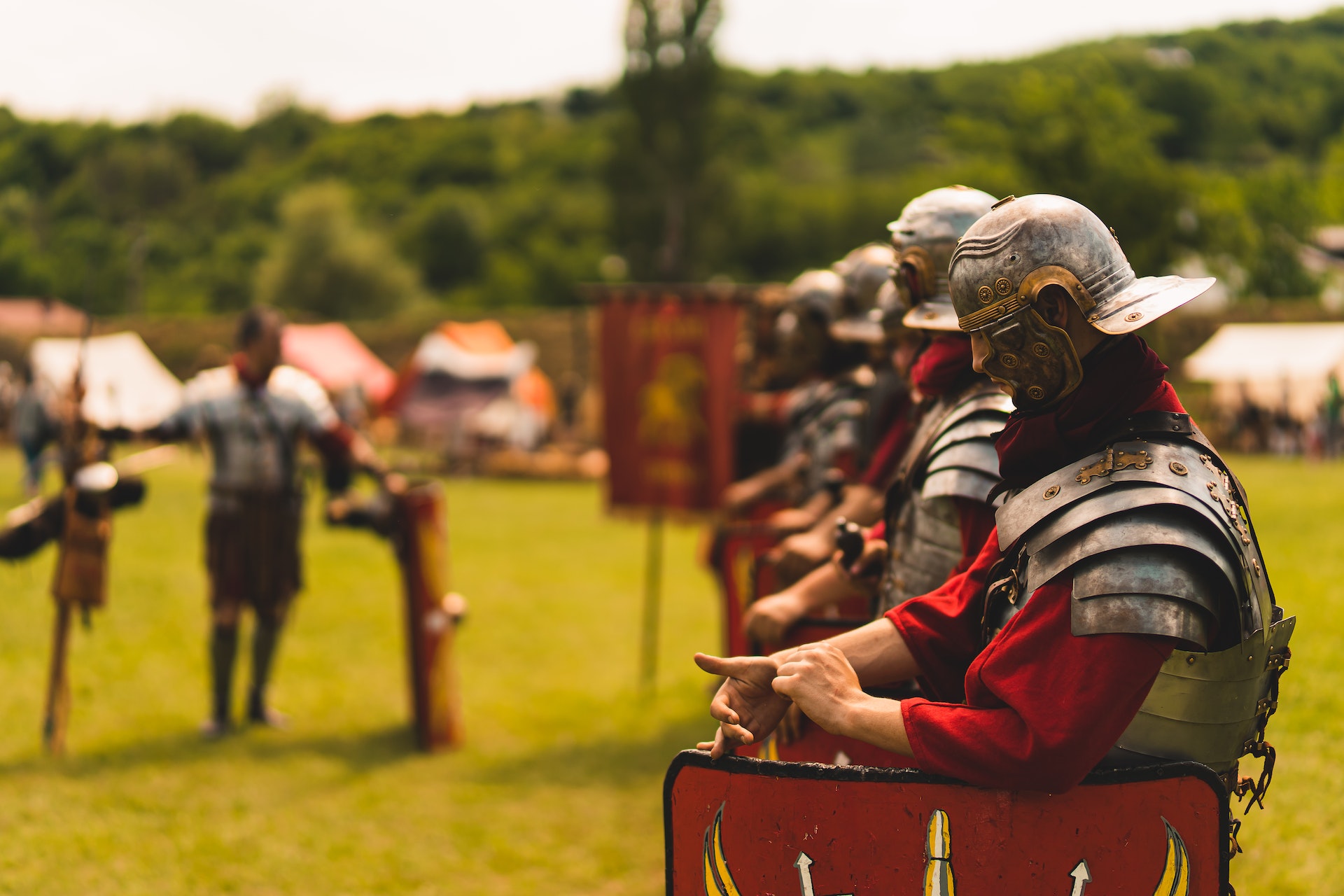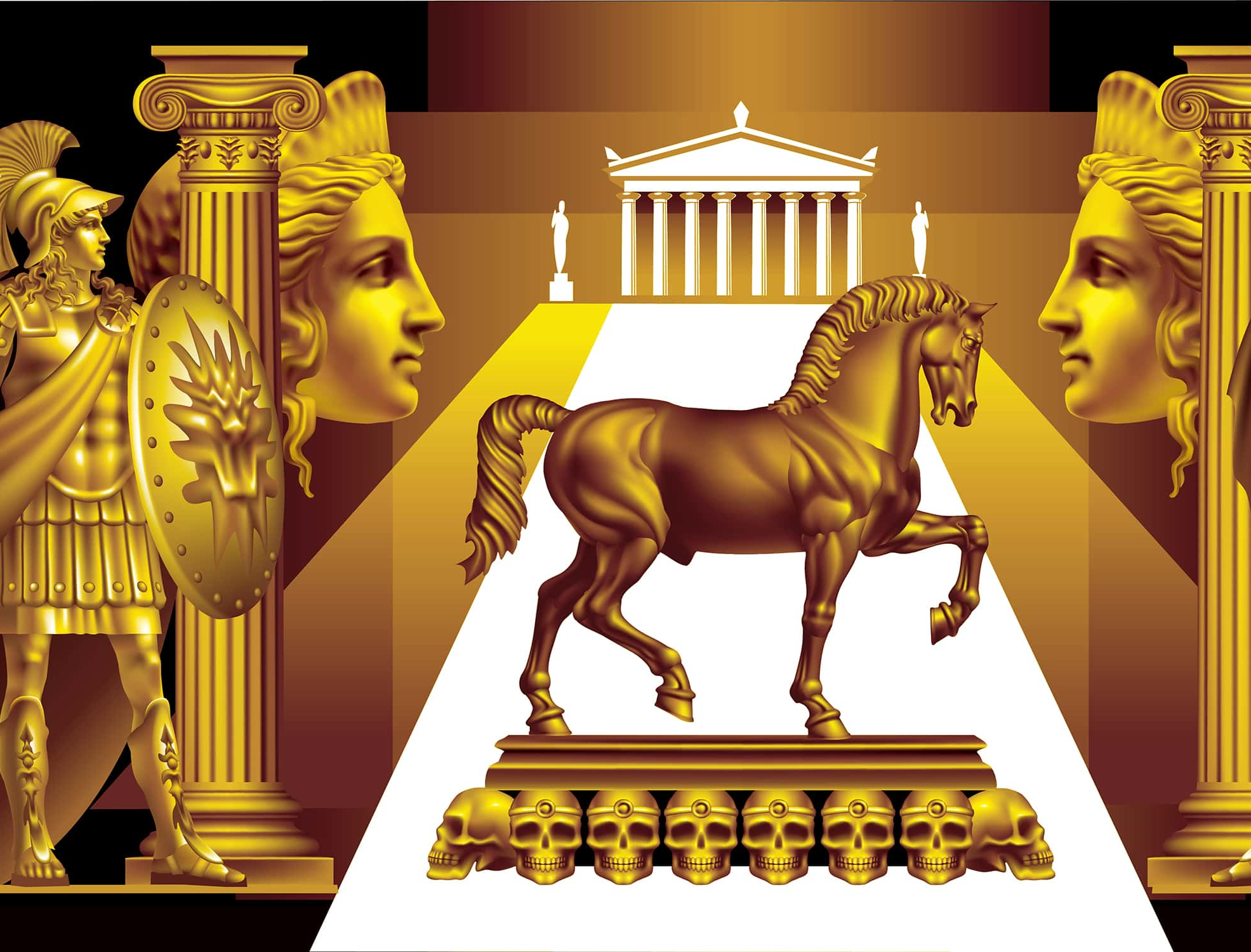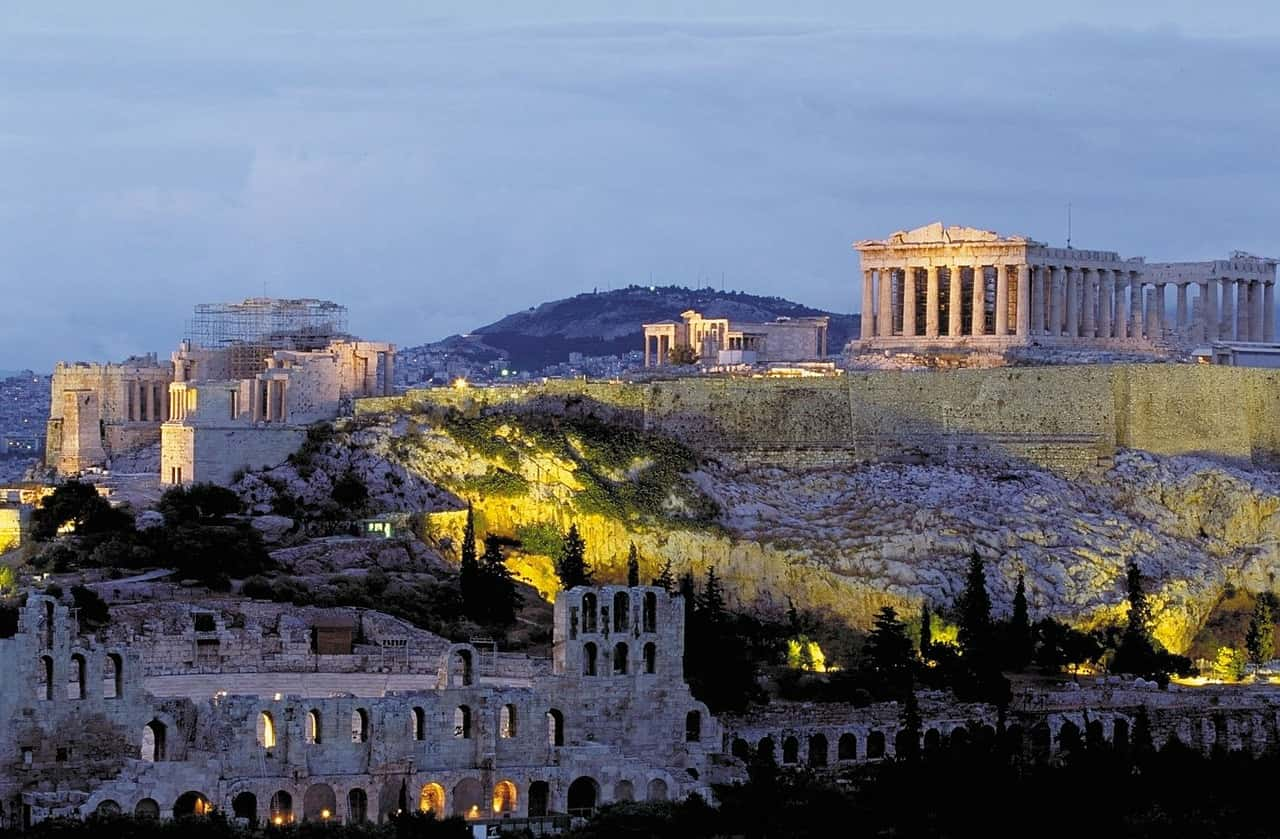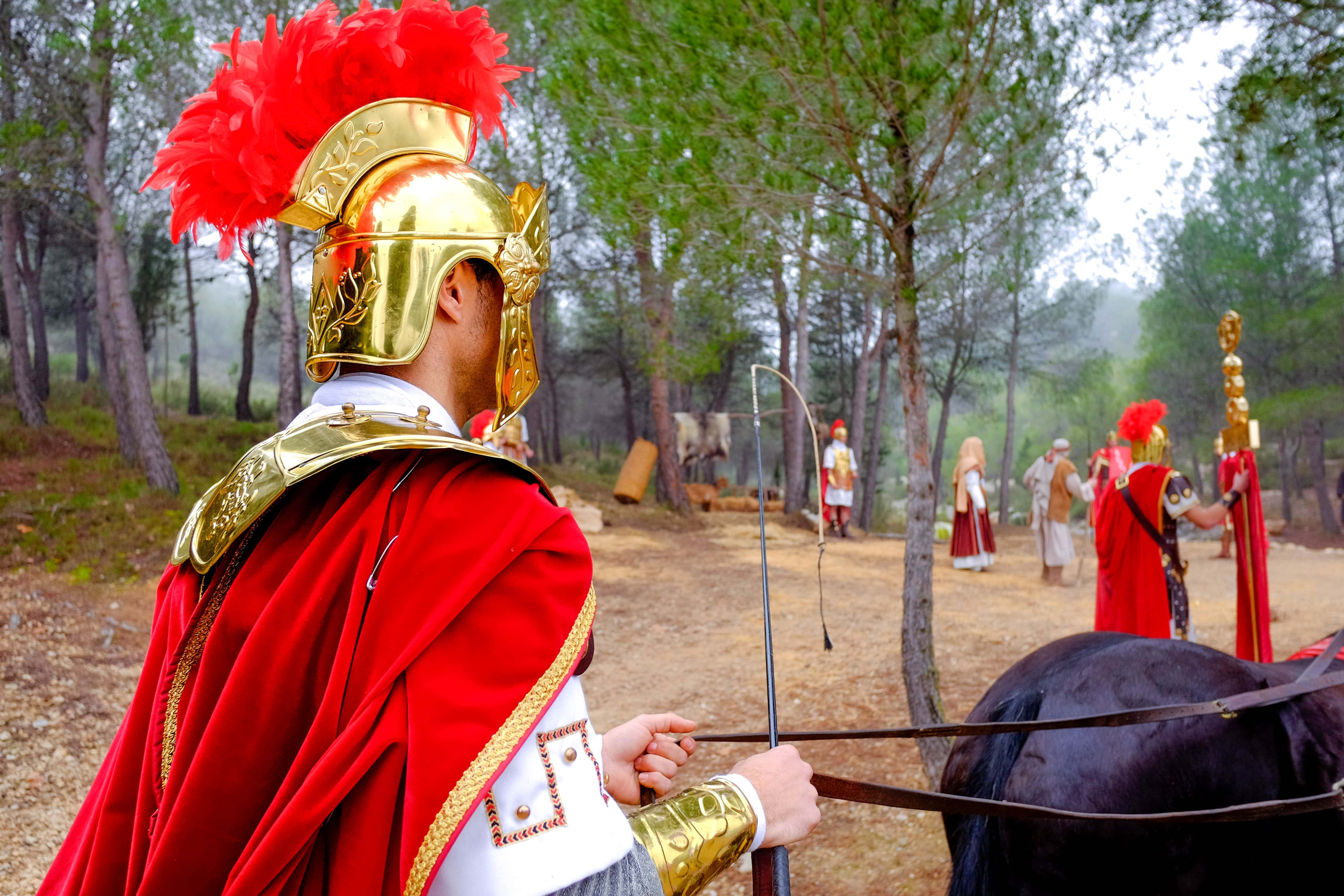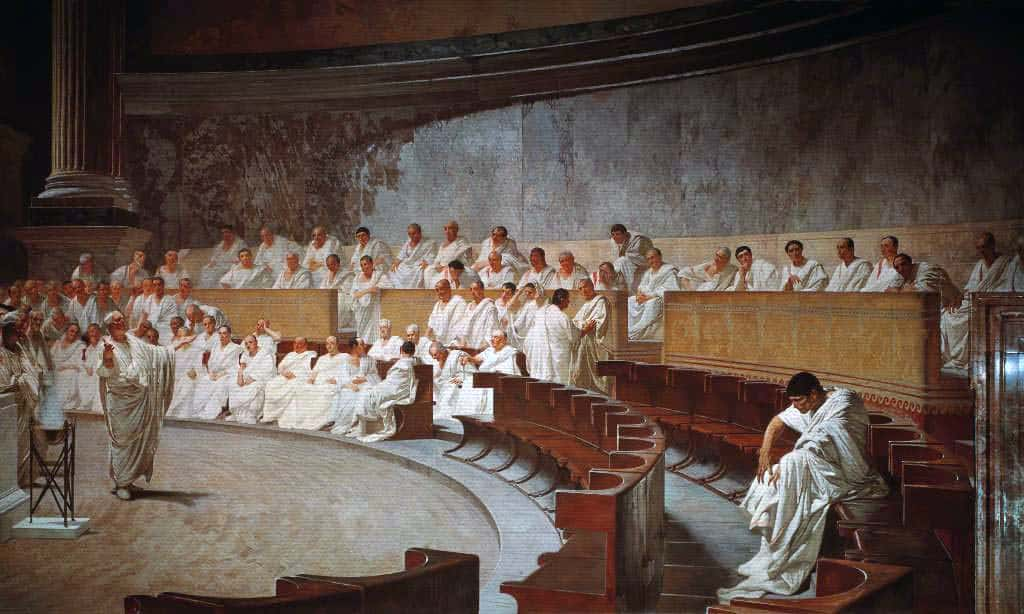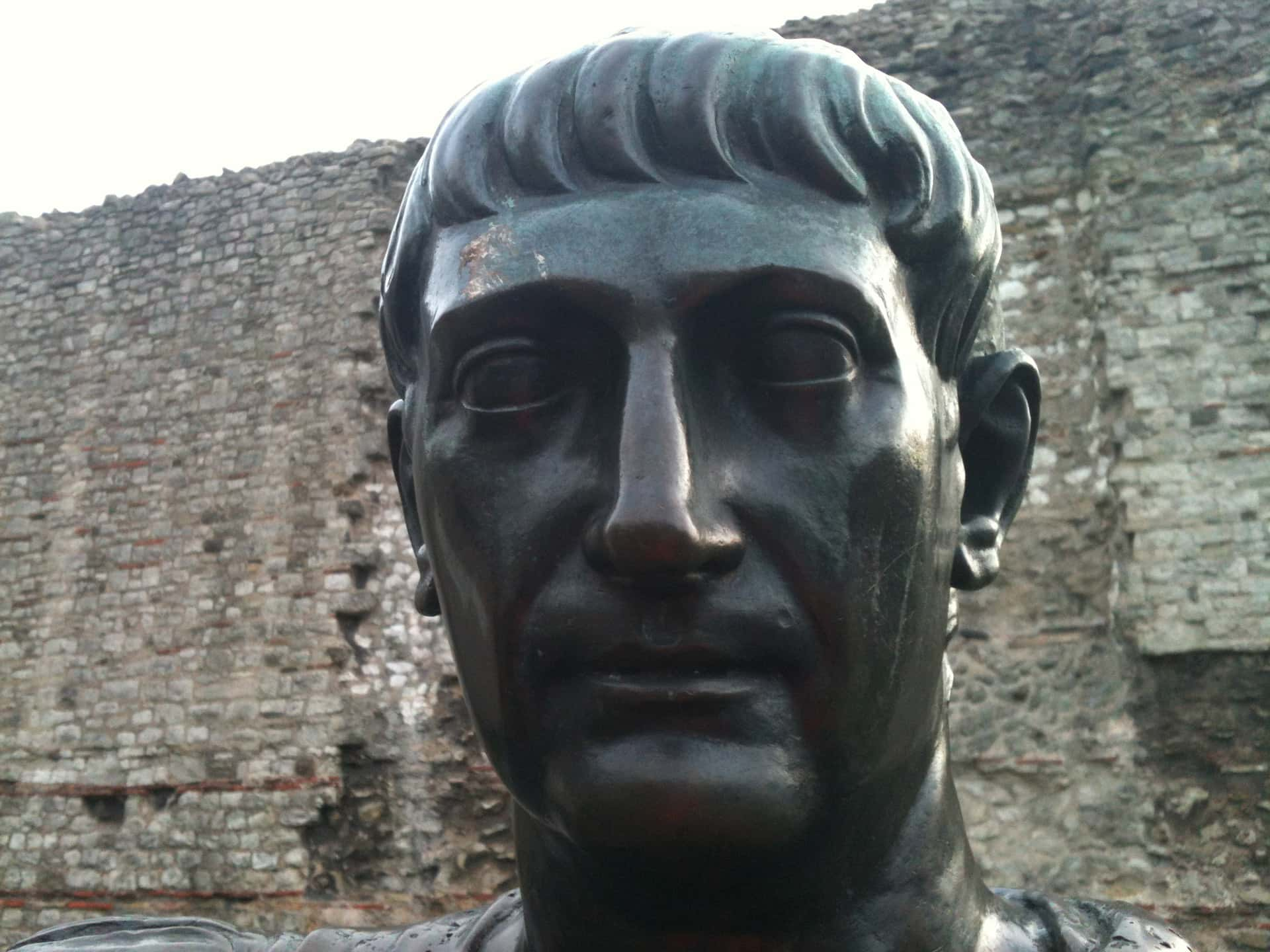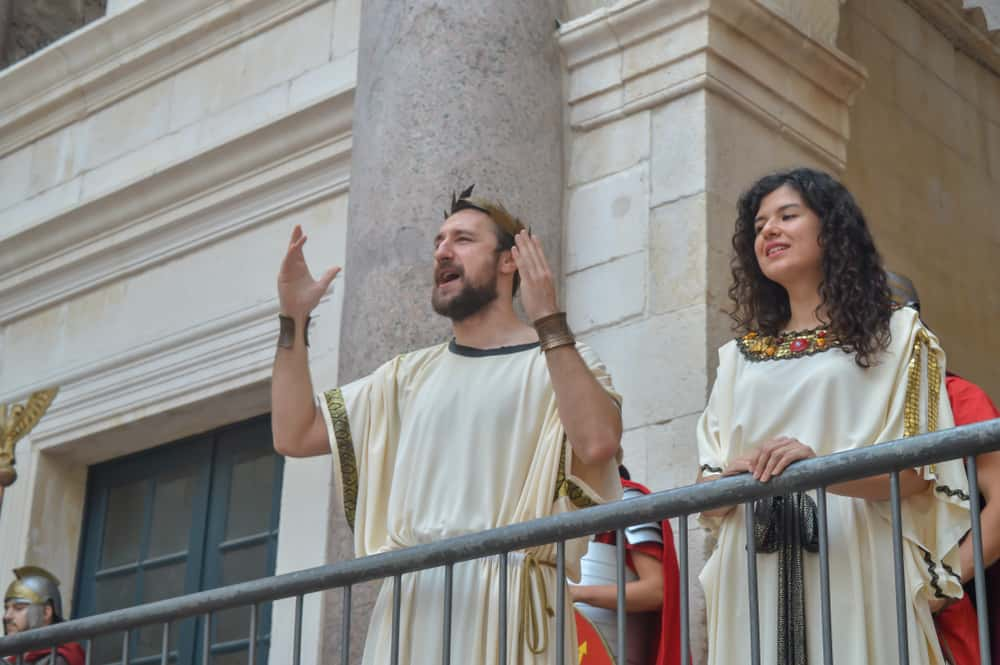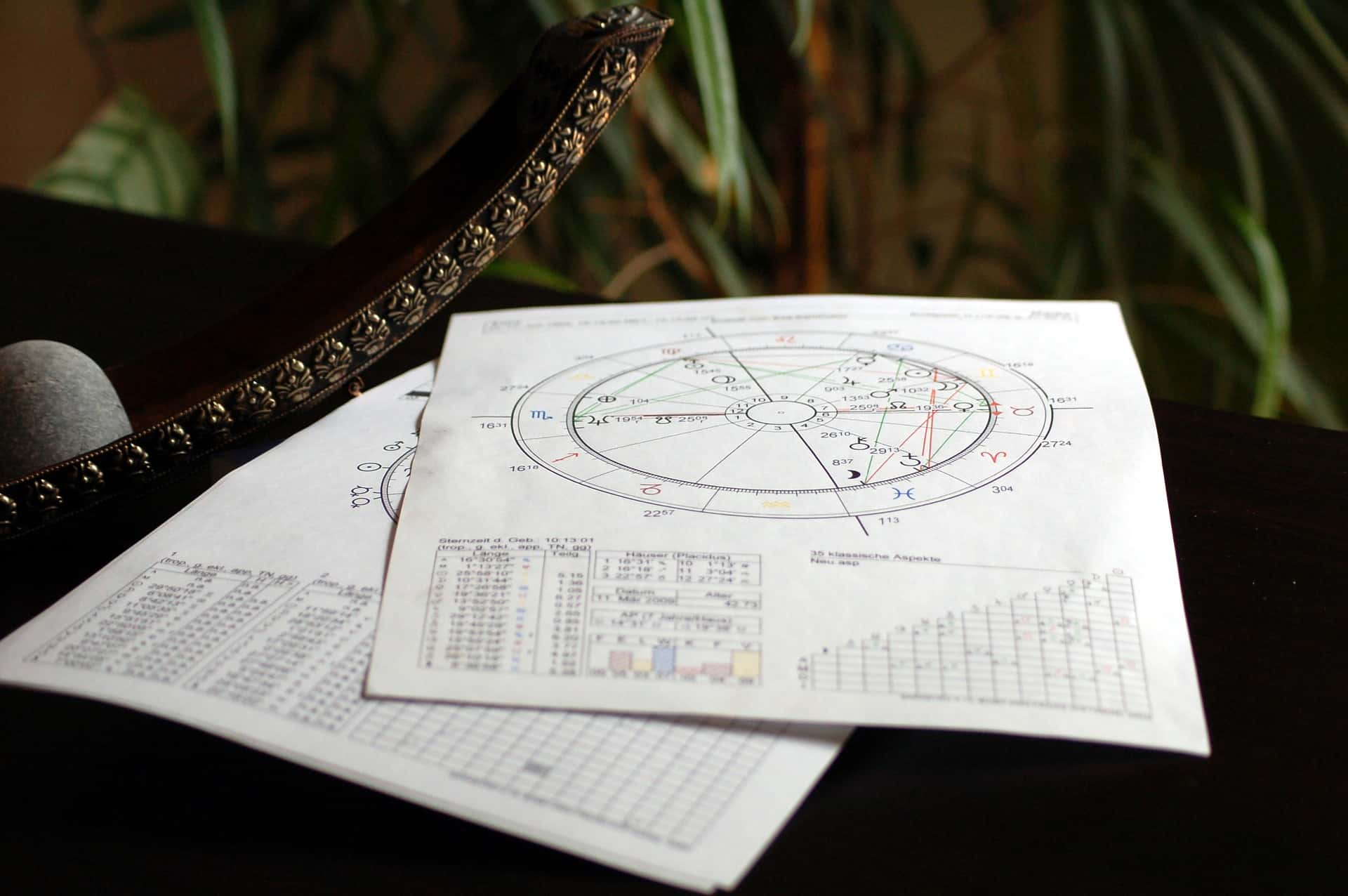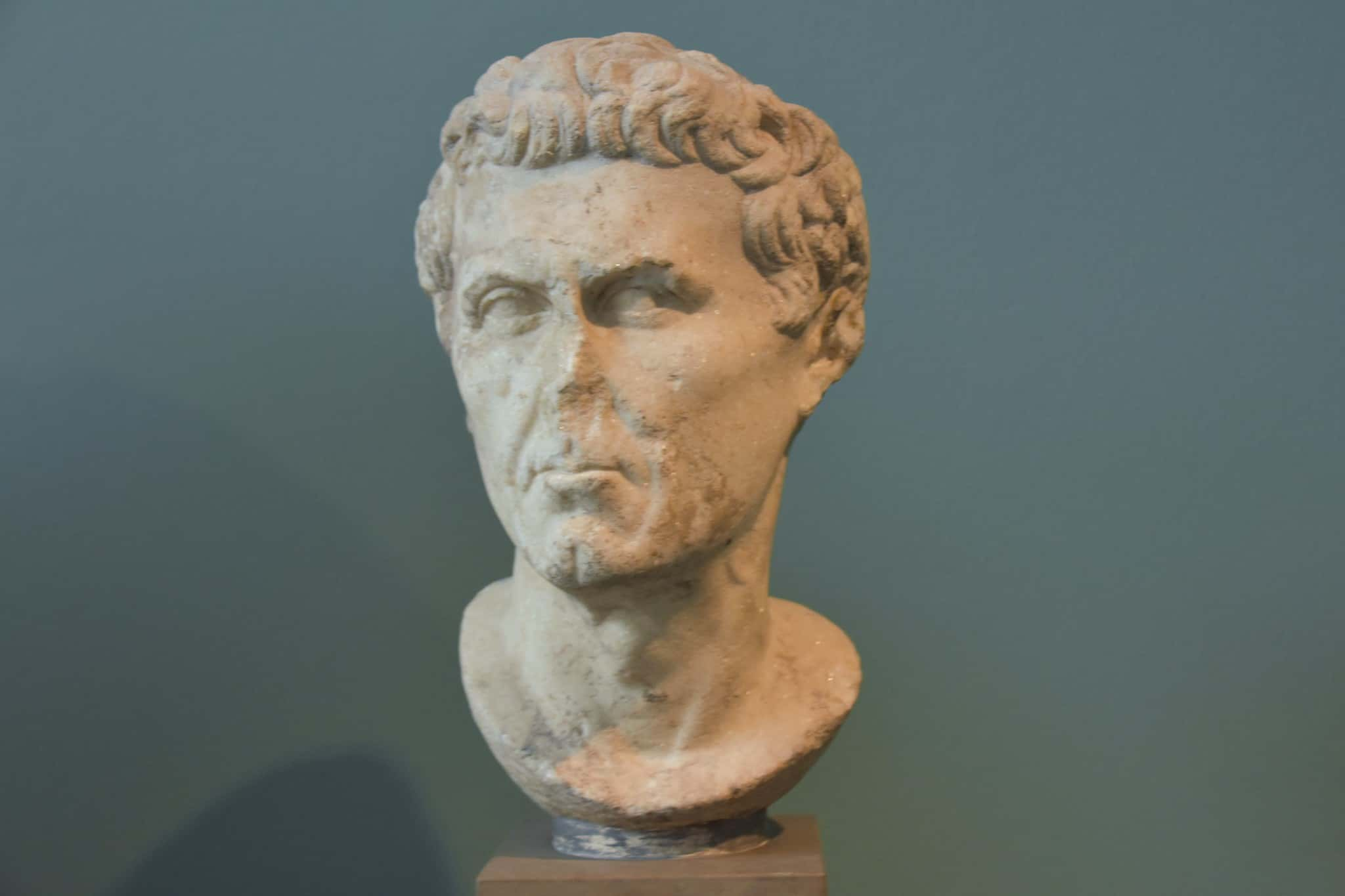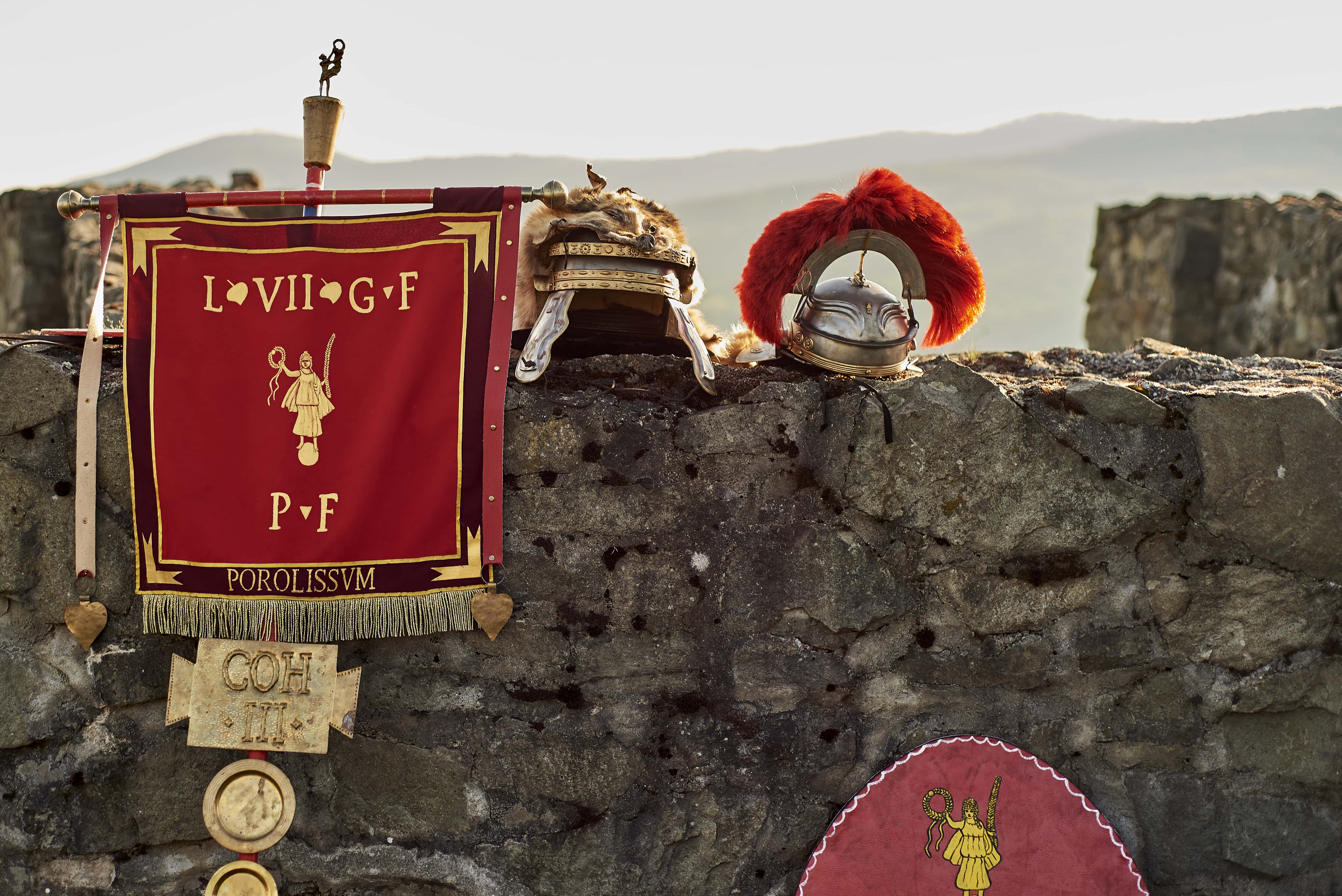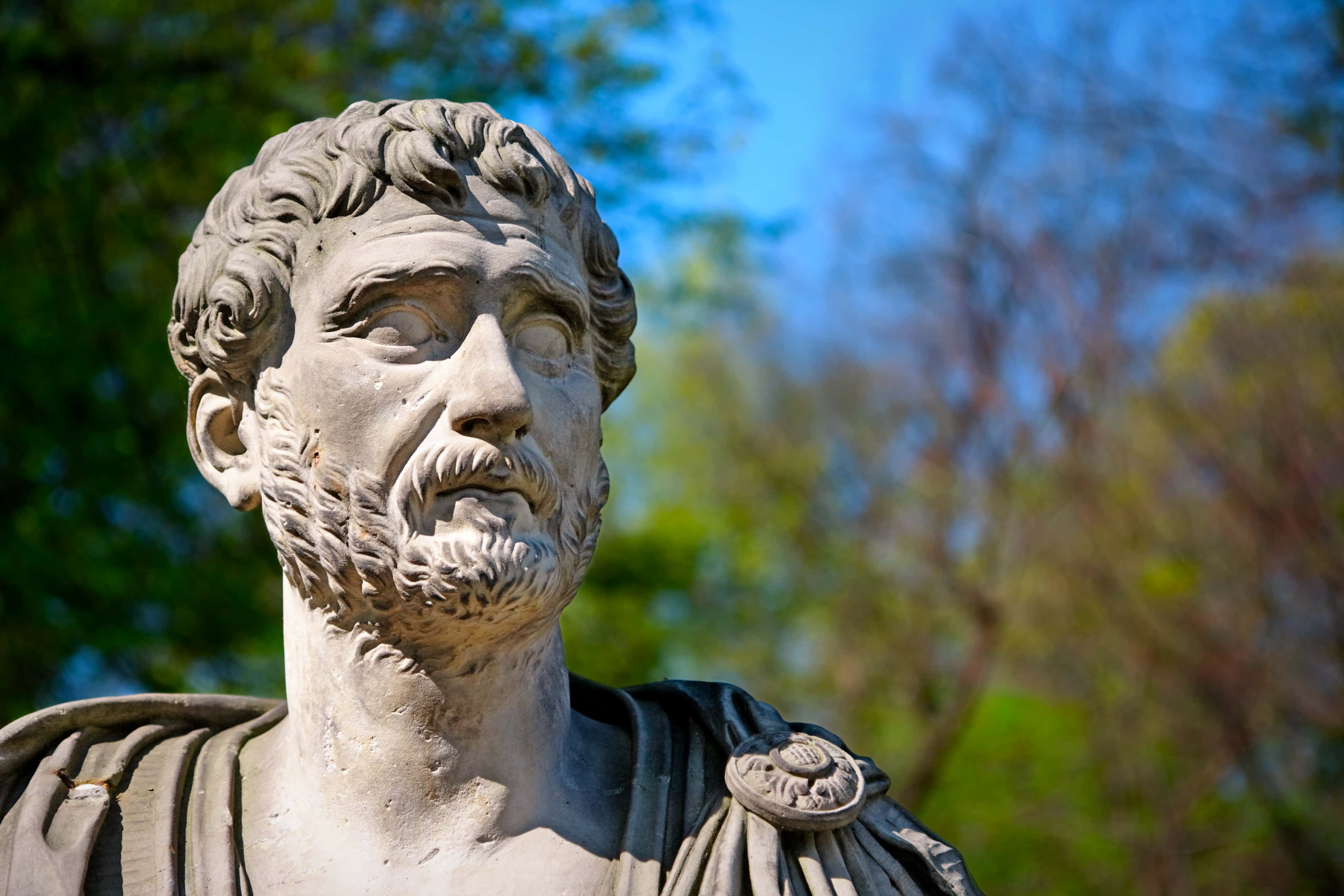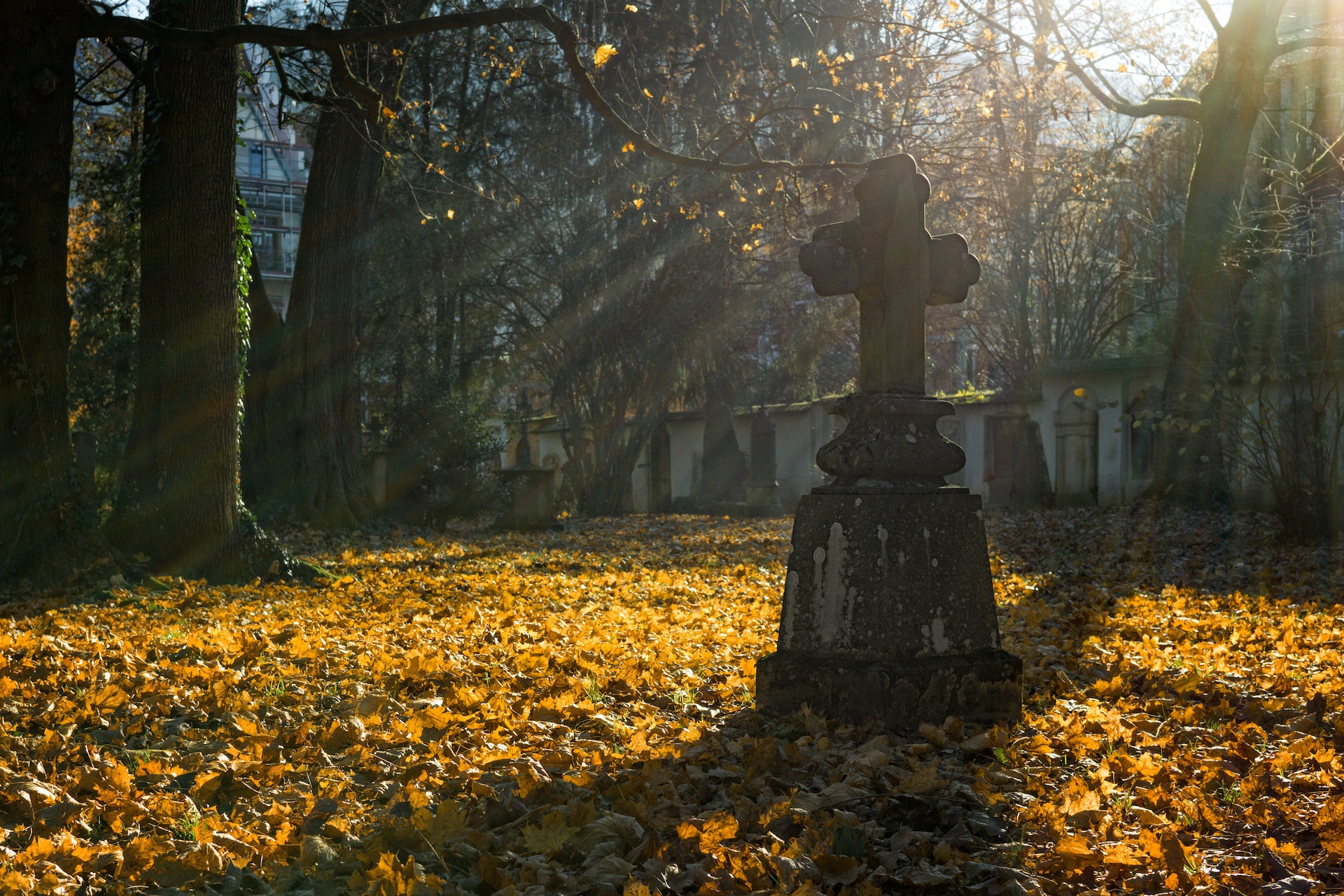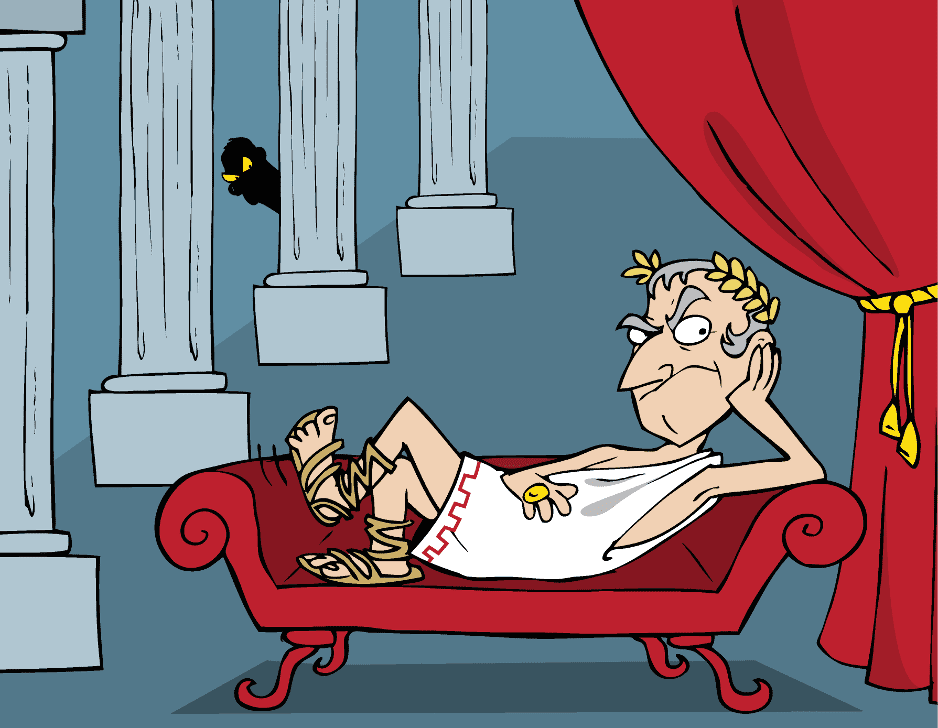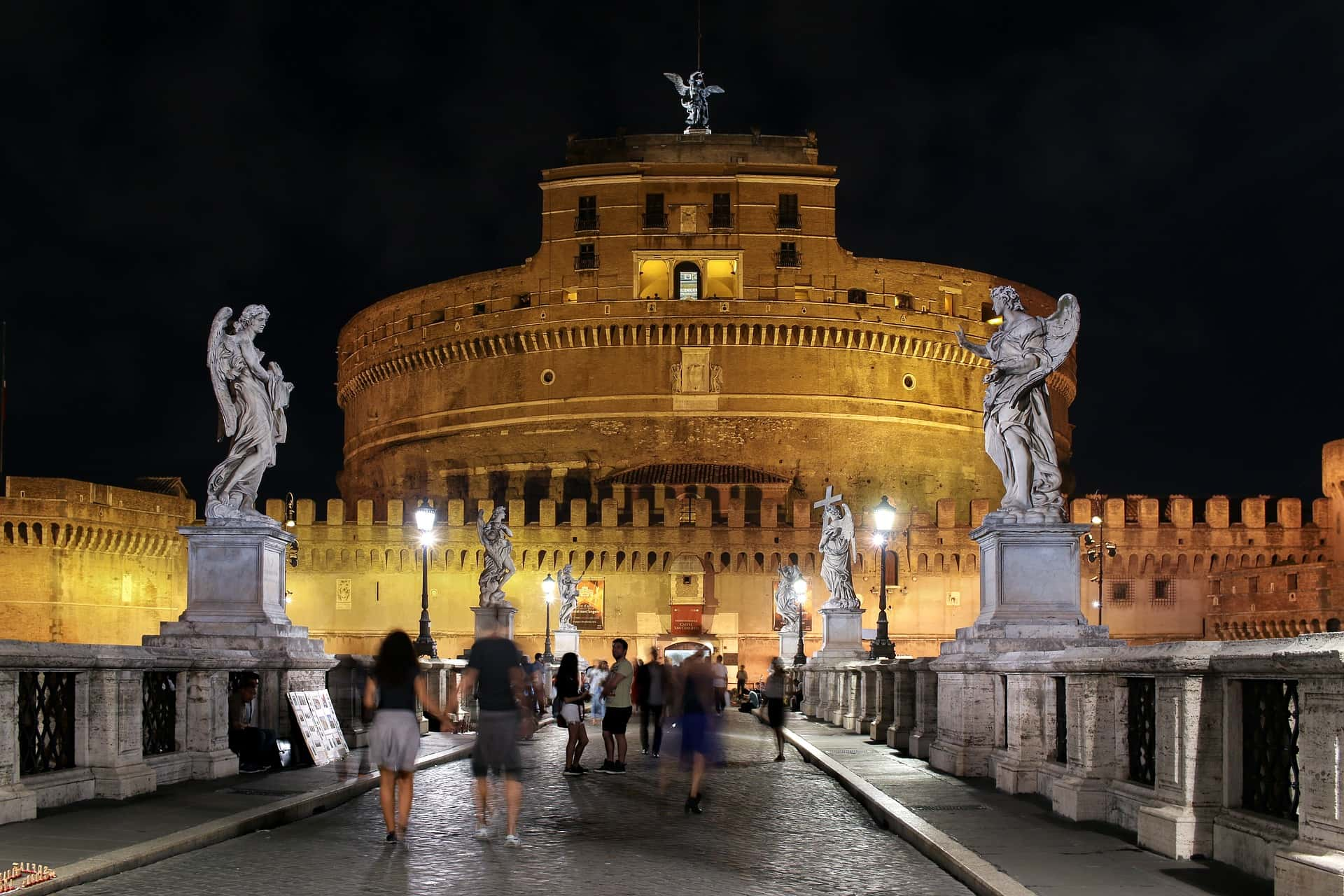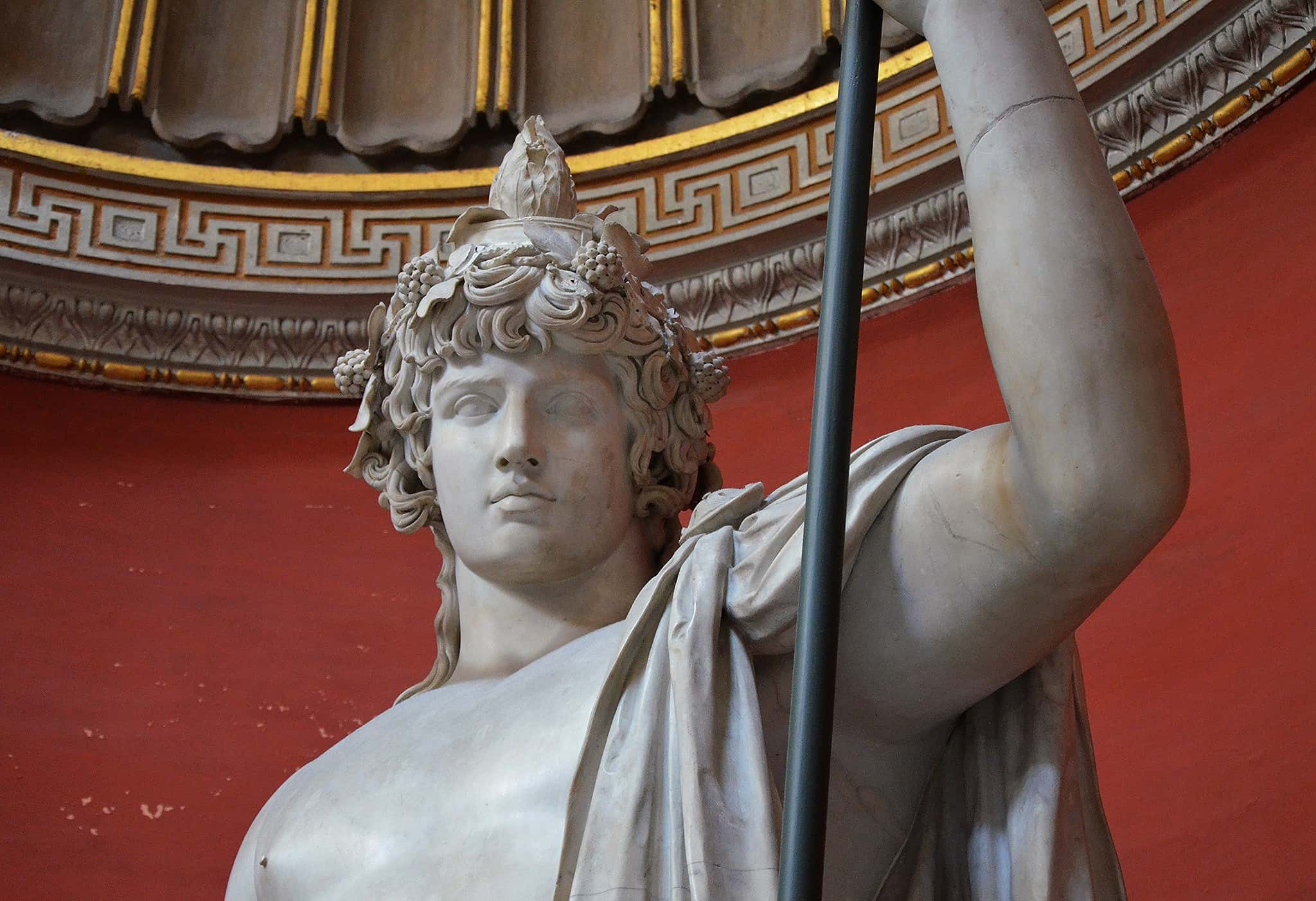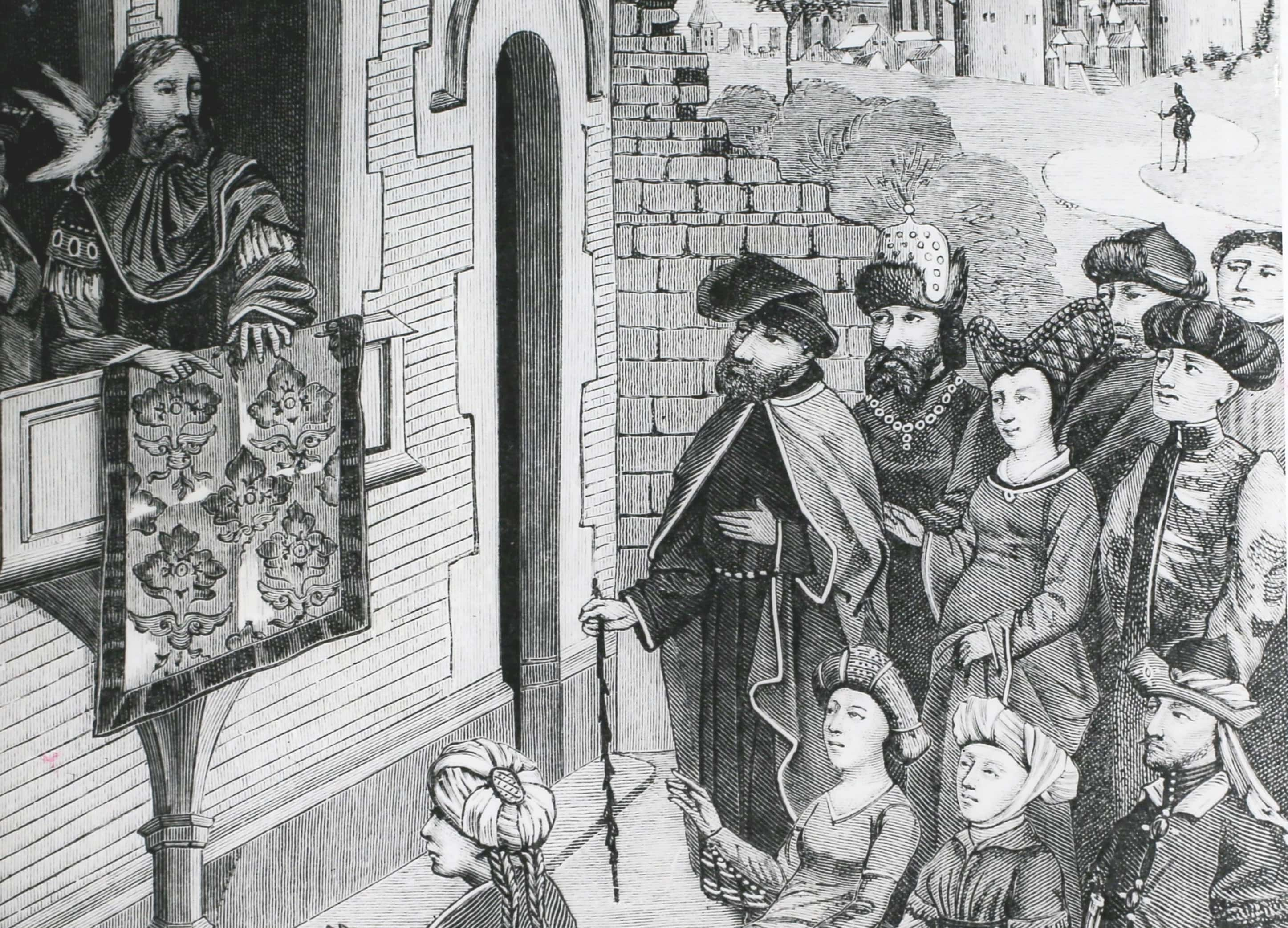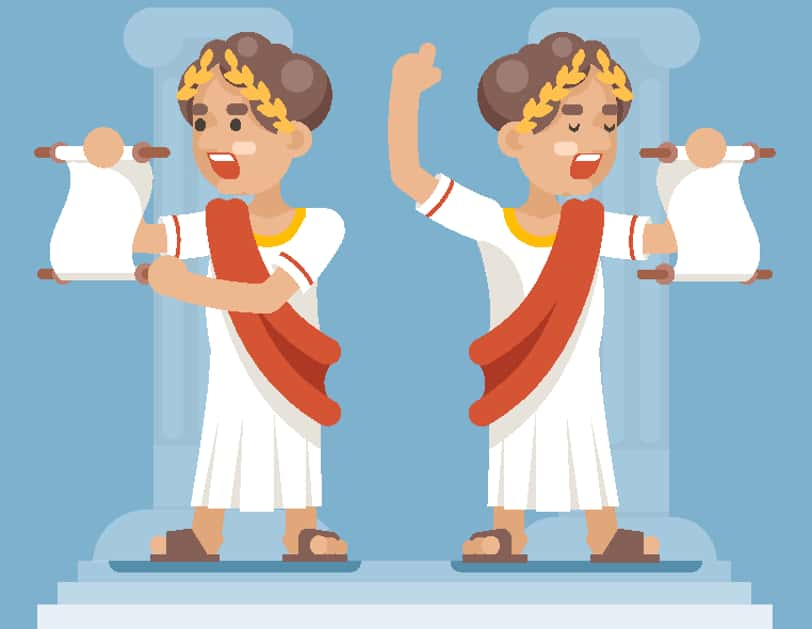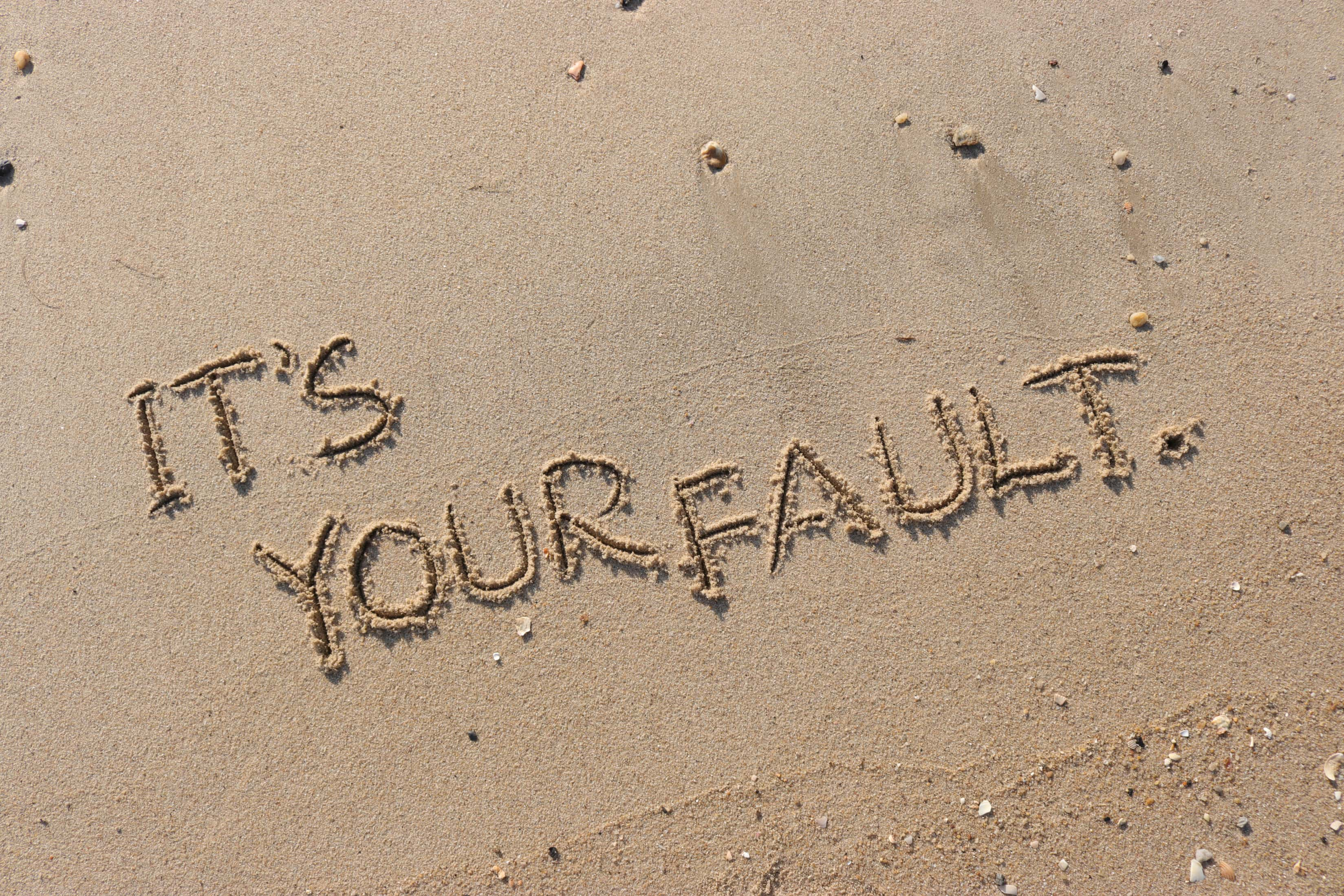In Rome's long history, few emperors were as successful as Hadrian. Granted, this wasn’t necessarily the case in his own lifetime, but as history has shown, his rule saw the Roman Empire reach its peak of power and stability. Hadrian’s legacy isn’t just found in historical records, either; he left a number of physical monuments to his rule, including a particular wall in Britain that you’ve probably already heard of. Continue reading to find out more about Hadrian!
Emperor Hadrian Facts
1. A Nice, Even Number
Hadrian’s rule as emperor lasted from August 10, 117 AD to July 10, 138 AD. For any sticklers for statistics and math, that’s a reign of 21 years and 11 months, to be exact.
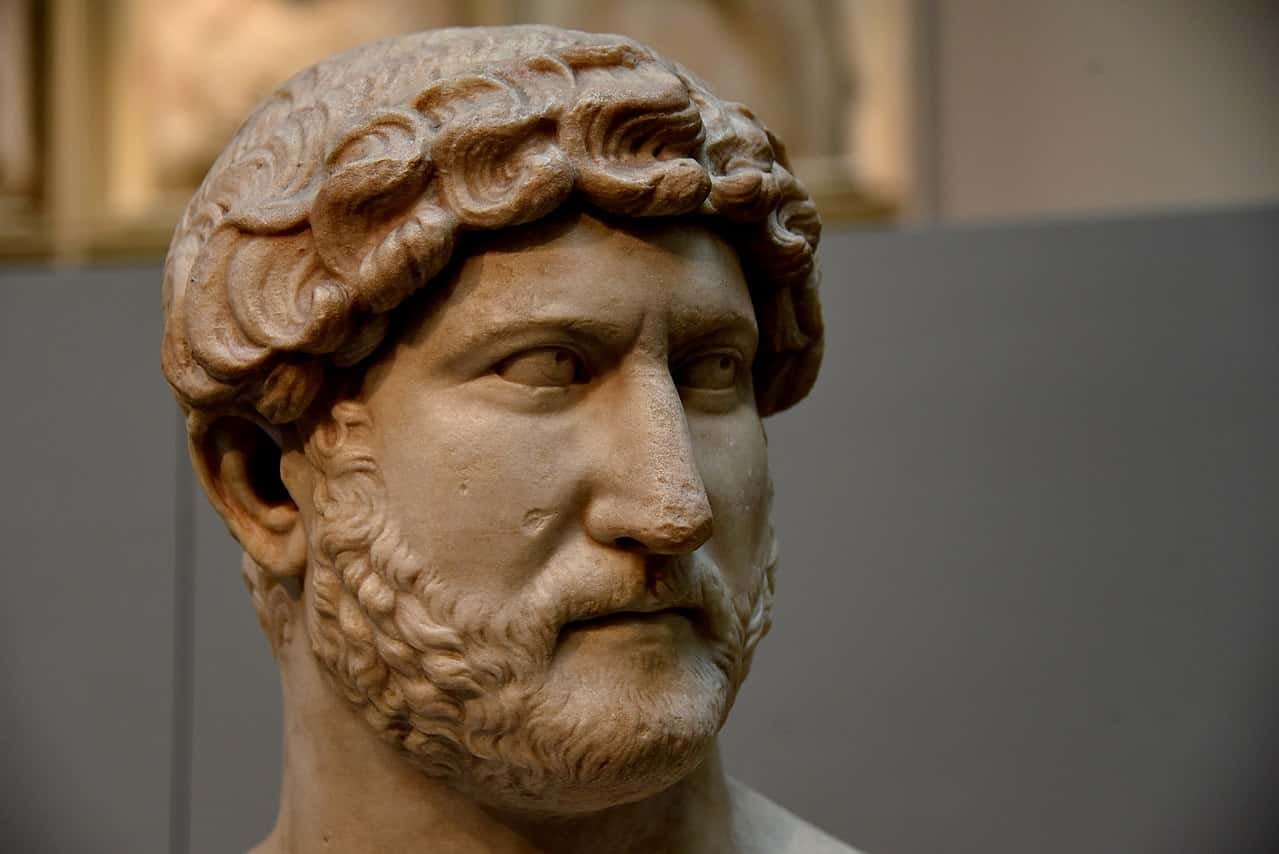 Wikimedia Commons, Osama Shukir Muhammed Amin
Wikimedia Commons, Osama Shukir Muhammed Amin
2. The Fab Five
Hadrian belonged to the Nerva-Antonine dynasty of Roman emperors: five men who became emperor through adoption rather than imperial birth. Chronologically, the dynasty consisted of Nerva, Trajan, Hadrian, Antoninus Pius, and Marcus Aurelius. Niccolo Machiavelli called these men the Five Good Emperors. Machiavelli claimed that because Hadrian and the others became emperors through merit rather than birth, it meant that good and competent men consistently ruled.
Furthermore, the second that one of these emperors left the throne to his son, things went downhill again.
3. And Thus, Pink Floyd was Inspired
Just to get it out of the way, Hadrian ordered the construction of a massive wall in what is now northern England. He commissioned the wall following a series of Roman military defeats in Great Britain. Hadrian intended for the wall “to separate Romans from barbarians.” Much of Hadrian’s Wall still stands to this day.
4. The Spaniard?
Although we know that Hadrian was born January 15, 76 AD, we aren’t actually sure what his birthplace was. However, historians believe he was born in Roman province of Hispania Baetica (in modern-day Andalusia, Spain), which was also the birthplace of his predecessor, Emperor Trajan.
5. Know Your Roots
Although he was born in what is now recognized as Spain, Hadrian was of distant Italian background. More than two centuries prior to his birth, his ancestors came to Spain from their home in the Italian settlement of Picenum.
6. Foster Father
Hadrian became an orphan at just ten years of age in 86 AD when both his parents died. He and his sister became the wards of the future Roman Emperor Trajan. Trajan later brought the 14-year-old Hadrian to Rome and ensured that the boy received a good education.
7. Foster Mother
Although Trajan’s respect for Hadrian was well known, historians argue that Hadrian owed a greater debt to Trajan’s wife, Plotina. It was she who arranged for Hadrian to marry Vibia Sabina, the daughter of Trajan’s niece. Plotina was also the woman who officially made Hadrian Trajan's heir after the emperor's death (although Trajan spoke of Hadrian as his successor, he never made it official before he died).
8. Climbing the Ladder
Like so many other Roman emperors, Hadrian served in the military before he assumed the title of emperor. Hadrian also served as a Roman senator during this time. So he may not have been an emperor's son, but he wasn't exactly an outsider when it came to politics.
9. Thanks for Nothing, Bro!
Hadrian had an older sister named Aelia Domitia Paulina. As we already described, Trajan took her in along with Hadrian. Trajan also arranged for Paulina to marry a Spanish-Roman politician named Lucius Julius Ursus Servianus. She lived a rather ordinary life, but when she died during Hadrian’s reign as emperor, many criticized him for giving her a very modest and private burial, as opposed to the full state funeral that a self-respecting Roman emperor would be expected to give to his own flesh and blood.

History's most fascinating stories and darkest secrets, delivered to your inbox daily.
10. All Greek to Me
As a high-ranking Roman, Hadrian received a top-notch education. If you’re curious about Hadrian’s favorite subject, it was anything Greek-related. He loved Greek literature, history, and culture. His peers even nicknamed him “Graeculus” (“Greekling”) because his grecophilia was so well known.
11. A Hobbyist’s Dream
Unlike most heirs, Hadrian spent his predecessor's reign in relative obscurity. It wasn’t all bad news, however; in 112, Hadrian served as the archon of Athens. This time spent in Athens greatly influenced his enthusiasm for Greek culture later in his life.
12. I Want to See the World!
Rare among the Roman emperors, Hadrian took a hands-on approach when it came to ruling. He personally traveled through the Roman provinces to have a firsthand look at how the administration was keeping things organized. As you can imagine, in a world before private jets, this took a long time. In fact, Hadrian spent more than half his time as Emperor outside of Italy.
13. Avoiding Your Problems
Historians have suggested that Hadrian spending so much time away from Rome wasn’t just about exploring his empire, but also to avoid confrontations with the senate. Hadrian’s authoritarian rule over the Roman Empire meant that he was constantly at odds with the politicians back in Rome. A certain bloody event at the start of his rule also damaged his relationship with the senate, but we’ll talk about that later.
14. My Turn
By 117 AD, Hadrian was back in favor with Trajan and commanding part of the emperor's army. Sadly, for Trajan, he suddenly died of edema during a military campaign in Cilicia. Hadrian's troops immediately hailed him as the new emperor, before the Roman Senate even had a chance to say anything on the matter.
15. I am the Architect
Hadrian's massive and widespread public works projects are perhaps the most enduring part of his legacy. We’ve already covered the British wall named after him, but there was also the Arch of Hadrian in Athens, and even whole cities across Asia Minor, Egypt, and Greece.
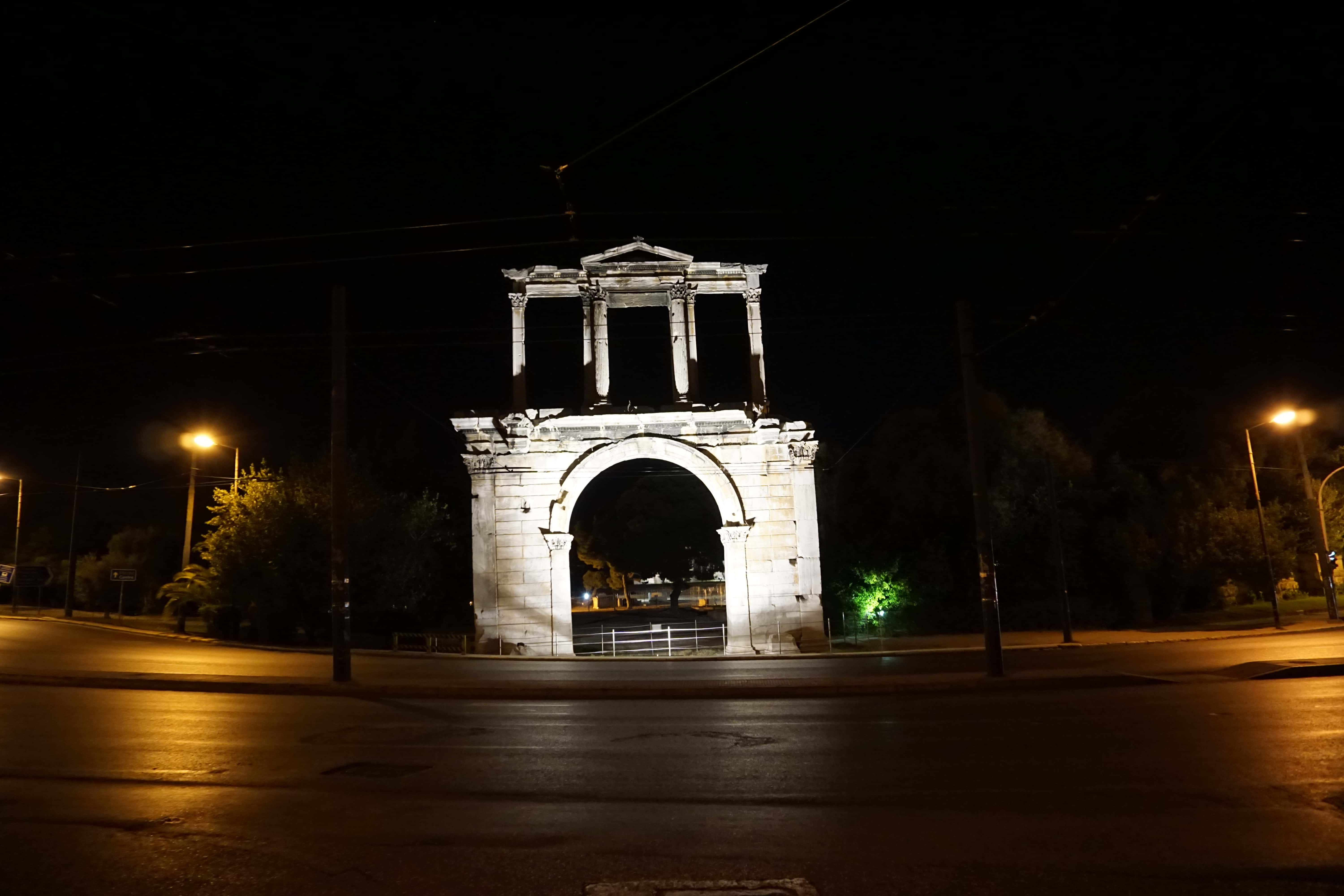 Wikimedia Commons, George E. Koronaios
Wikimedia Commons, George E. Koronaios
16. Did He Also Invent Happy Hour?
When Hadrian came back to Rome as an emperor for the first time, he immediately ordered a cancellation of debts people owed to the state and a series of gladiatorial displays. These attempts to win the populace to his side were, as you can imagine, quite successful.
17. Ain’t No Thing!
Aside from his political and military accomplishments, Hadrian was also a mountaineer of sorts. He famously scaled Mount Etna when he visited Sicily. Additionally, he climbed Mount Casius, also known as Jebal Aqra, in Syria. Reportedly, he climbed the latter just so he could get a great view of the sunrise. If only he’d lived long enough to make use of Instagram!
18. For Nostalgia’s Sake
In his senior years, Hadrian established his home in Tivoli, just outside of Rome. Because he was getting too old to go gallivanting across the empire like he used to, Hadrian had his villa littered with recreations of the various sights that he remembered visiting. It really is amazing to see the lengths people went to preserve memories before photographs were invented.
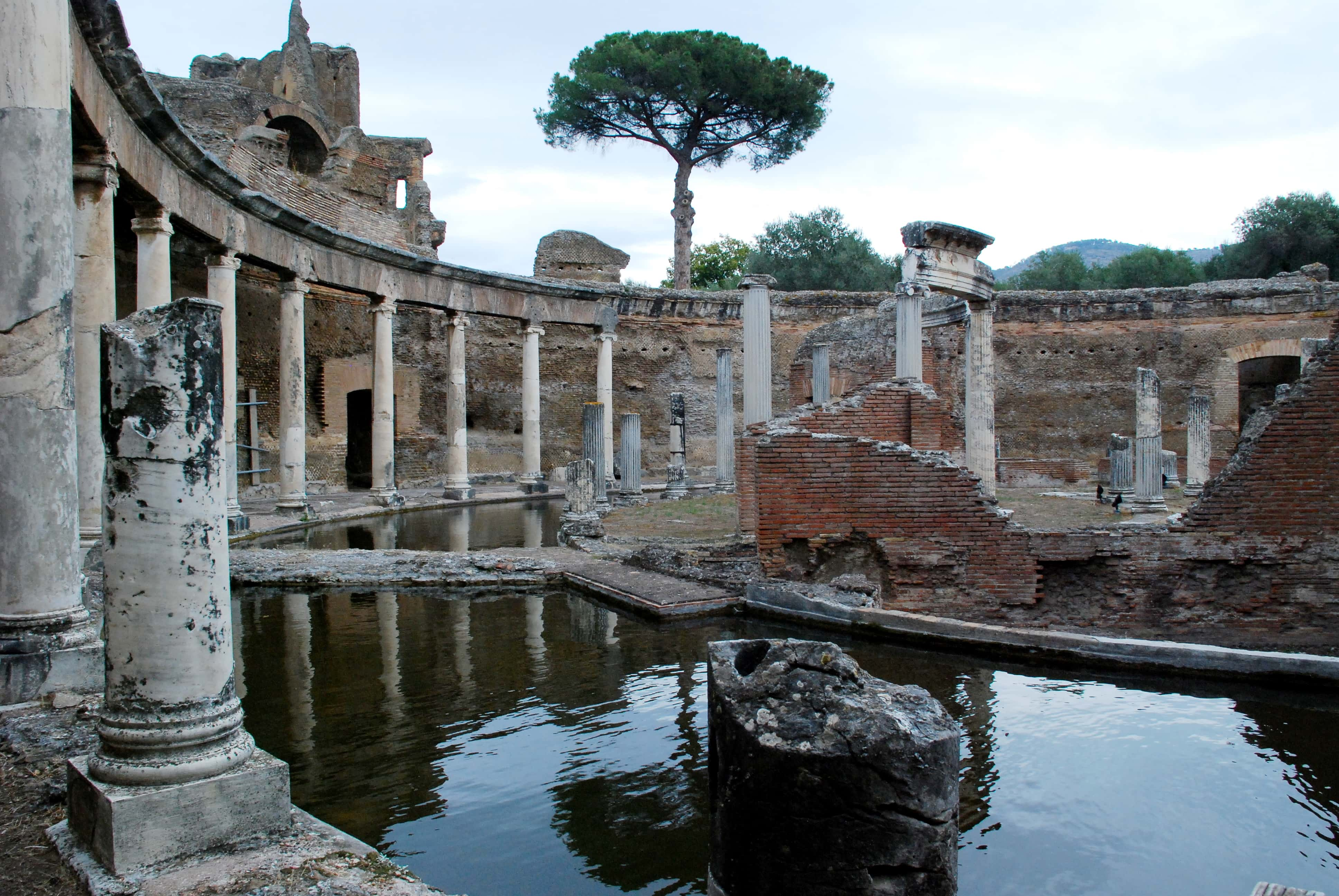 Wikimedia Commons, Camelia.boban
Wikimedia Commons, Camelia.boban
19. What’s Your Sign?
On a slightly random note, Hadrian was reportedly fascinated by astrology. He studied it considerably and became a recognized astrologist. Maybe he wanted to make sure he had a profession in case he ever needed to join a carnival?
20. The Region of War
Hadrian actually delayed his coronation as emperor in 117 AD when he was determined to put down a rebellion by the Jewish population residing in the Roman province of Judaea. This conflict had been a leftover from Trajan’s rule, but Hadrian quashed the revolt before getting sworn in as emperor.
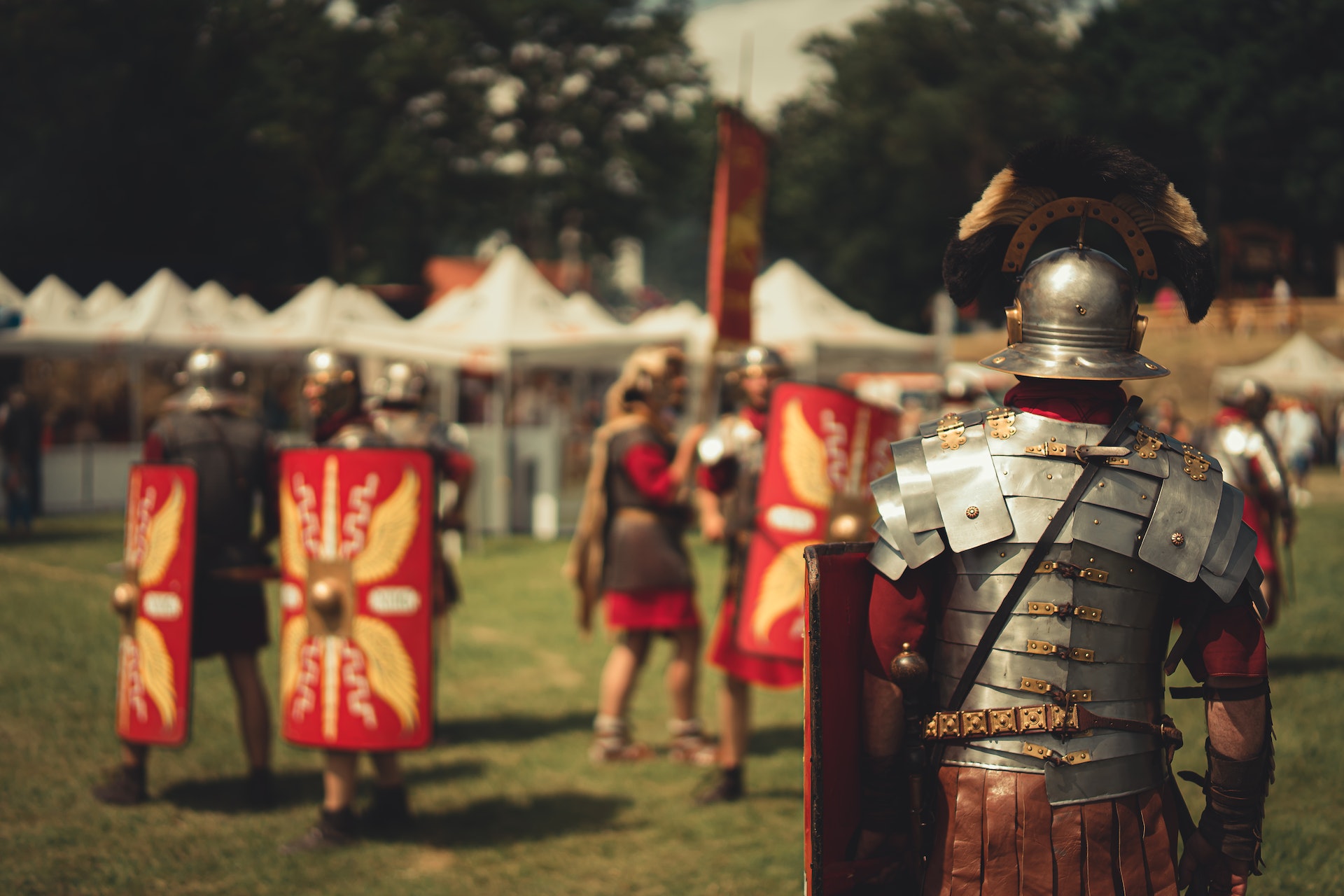
21. Don’t Steal my Thunder
In the 98 AD, Emperor Nerva of Rome passed away. It fell to a young Hadrian to inform Trajan, Nerva’s successor, that he was the new emperor. However, Hadrian's brother-in-law, a man named Julius Servianus, allegedly wanted the glory for himself, and he tried to beat Hadrian to the punch. Servianus was unsuccessful, but he would continue to be a thorn in Hadrian's side for years.
In-laws, am I right?
22. A Soldier’s Man
Although the majority of Hadrian’s reign was peaceful across most of the empire, the emperor was often portrayed in military gear. During his travels around the empire, Hadrian was often in the company of common soldiers, even eating and sleeping alongside them. No wonder the soldiers liked him so much!
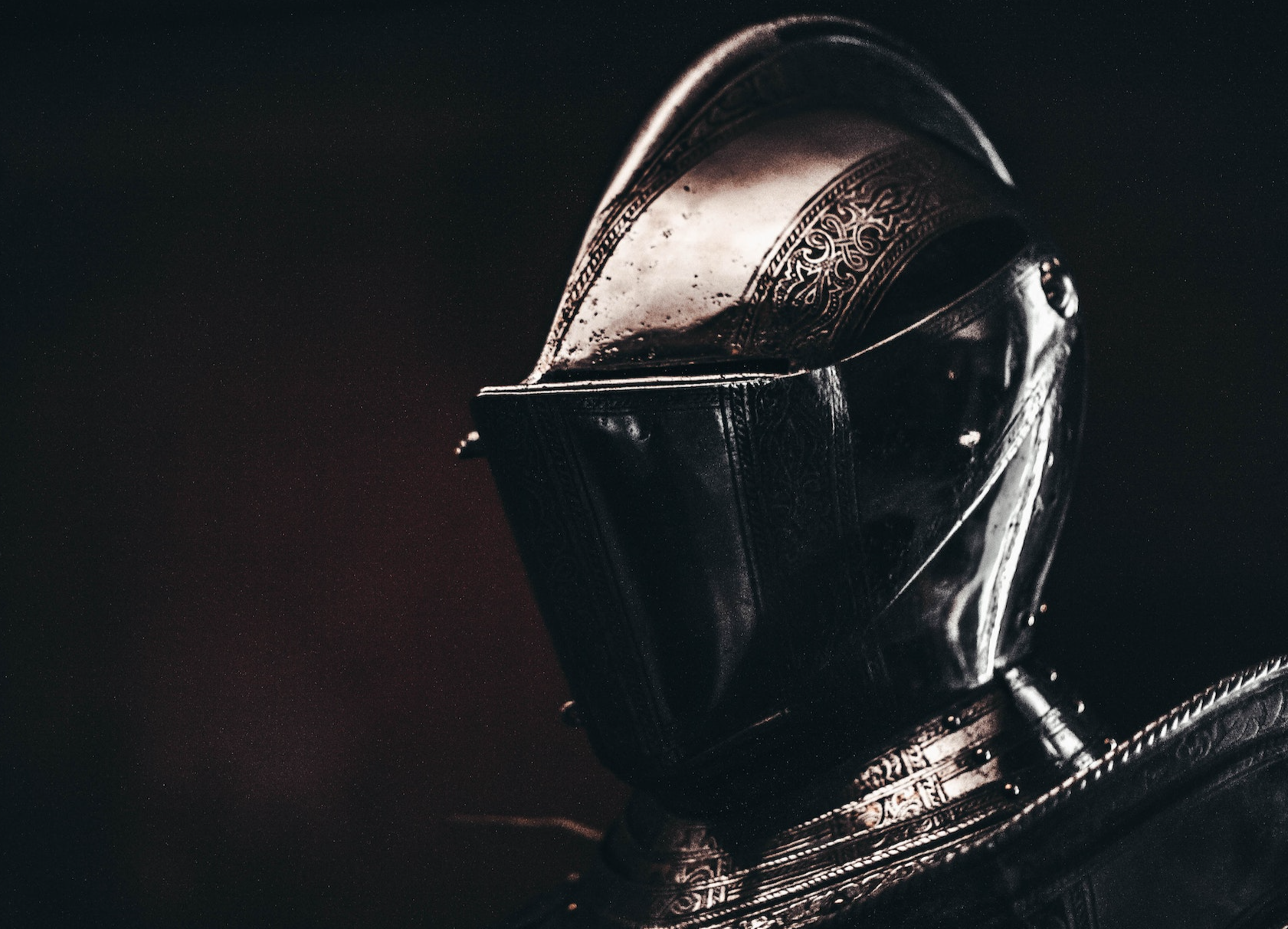
23. Everyone’s a Critic!
Hadrian was an accomplished poet, writing many poems during his lifetime. Sadly, only four of his works survive to this day. Art historians have praised Hadrian’s skill at versification, though they’ve found fault in Hadrian’s lack of diverse subject matter and his shallowness in expression. Frankly, those historians are lucky that Hadrian wasn’t around to hear that kind of negativity about his poems!
24. Let’s Not Get Greedy
One of the least popular decisions Hadrian made during his reign was his relinquishing of territory that Trajan had conquered. Hadrian believed the Roman Empire had grown too large, and he didn’t want their forces overstretched. As a result, he abandoned the military conquests made by his predecessor, with a renewed focus on stabilizing the empire itself.
25. As Long as It Wasn't Cecil!
During his youth, Hadrian was very athletic, and hunting quickly became one of his primary pastimes. As you could probably figure out, Hadrian continued to hunt well into his years as emperor. He and his lover, Antinous, killed a lion together while in Egypt, and he also dedicated an entire city in Asia to commemorate his successful killing of a she-bear.
26. We Just Entered Fanatic Territory
In case it wasn’t clear to you just how big of a fan Hadrian was of the Greeks, he was inducted into the Eleusian Mysteries, an ancient Greek cult, when he was in the country, he ordered several lavish building projects (such as Hadrian's Arch) while he was there, and he even took on the title Olympius for himself after the Temple of Zeus was dedicated.
27. Born This Way
While there’s a lot of room for speculation on the sexual orientations of famous historical rulers, Hadrian made it very clear to historians that he was gay. His marriage to Vibia Sabina was famously unhappy, and the couple never had any children. Meanwhile, Hadrian was well known to have a fondness for young men, and he was known to have produced erotic poetry about his favorites. Sadly, none of this poetry survives today.
28. You’re My Replacement
In 136 AD, the aging Hadrian suffered from ill health and was concerned about the fact that he didn’t have an heir. To this end, Hadrian turned his eye to a young consul named Lucius Ceionius Commodus, though he took the name Lucius Aelius when he became the heir to the Roman Empire. Interestingly, Aelius was the son-in-law of one of the four senators put to death at the start of Hadrian’s rule.
Some historians speculate that Hadrian picked Aelius because he wanted to put that bloody event behind him, while others have suggested that Aelius was his illegitimate son (because someone had to suggest that one).
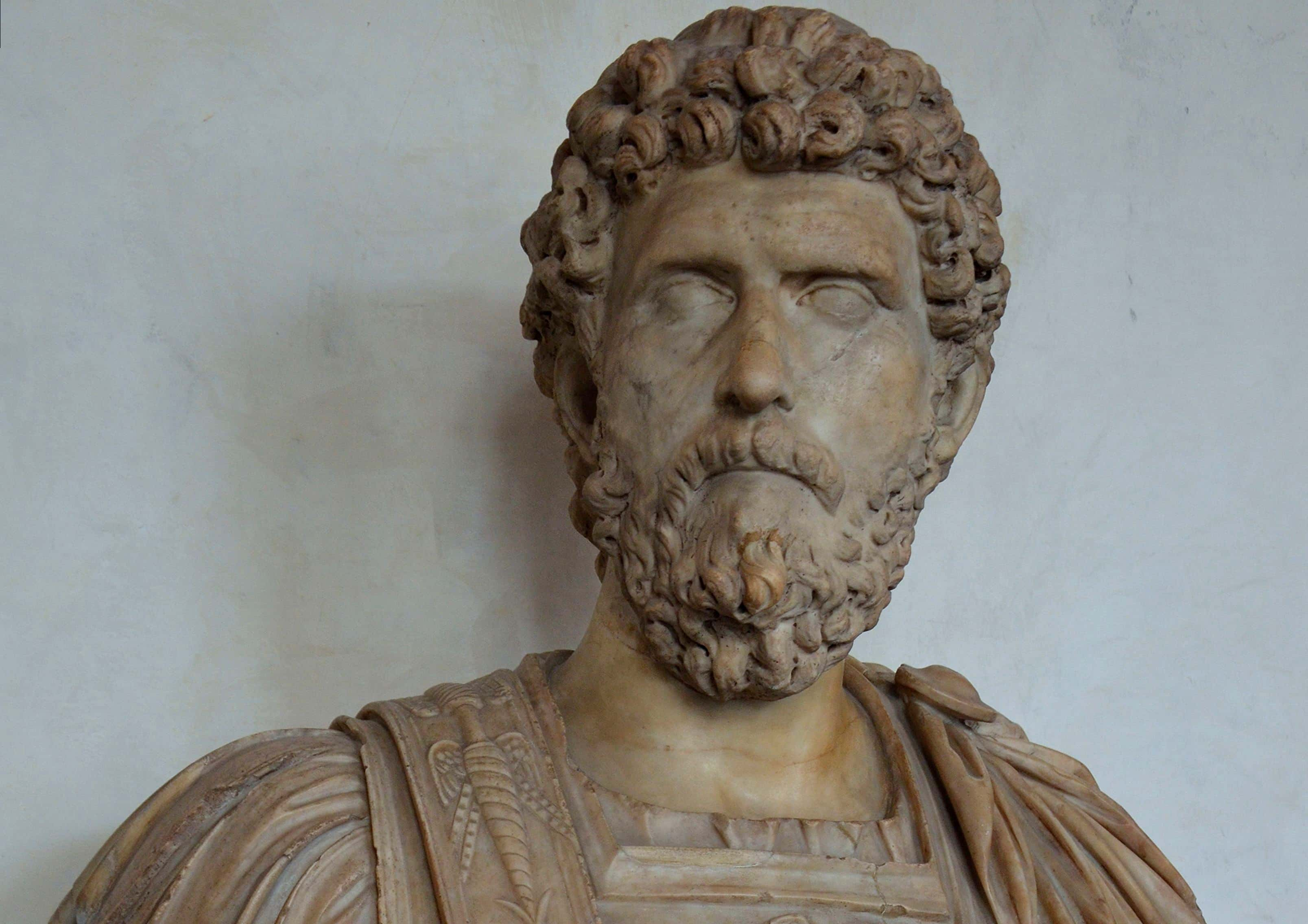 Wikimedia Commons, Carole Raddato
Wikimedia Commons, Carole Raddato
29. New Years’ Party Got Out of Hand?
Unfortunately for the succession, Hadrian actually outlived his heir. Lucius Aelius died for unknown reasons on the January 1, 138 AD.
30. When’s it Coming to Rome?
While there aren't any movies about the Wallmaker, an opera titled Hadrian premiered in 2018. Composed by renowned musician Rufus Wainwright, with the libretto written by playwright Daniel MacIvor, this Canadian-based opera pays special attention to Hadrian’s relationship with his favorite, a young man by the name Antinous.
31. Love of My Life
Hadrian had many lovers, but a Greek youth named Antinous was the most prominent. Little is known of his early life, and we don’t even know where or when he was born. What we do know is that by 128 AD, Antinous was Hadrian’s favorite, and he accompanied the emperor on his tours of the empire. And in case you think historians are just projecting, contemporary sources were very explicit about the fact that Hadrian and Antinous were lovers.
Theirs also appeared to be a genuine relationship, as there’s no evidence that Antinous ever tried to exploit Hadrian or use him to acquire wealth or titles.
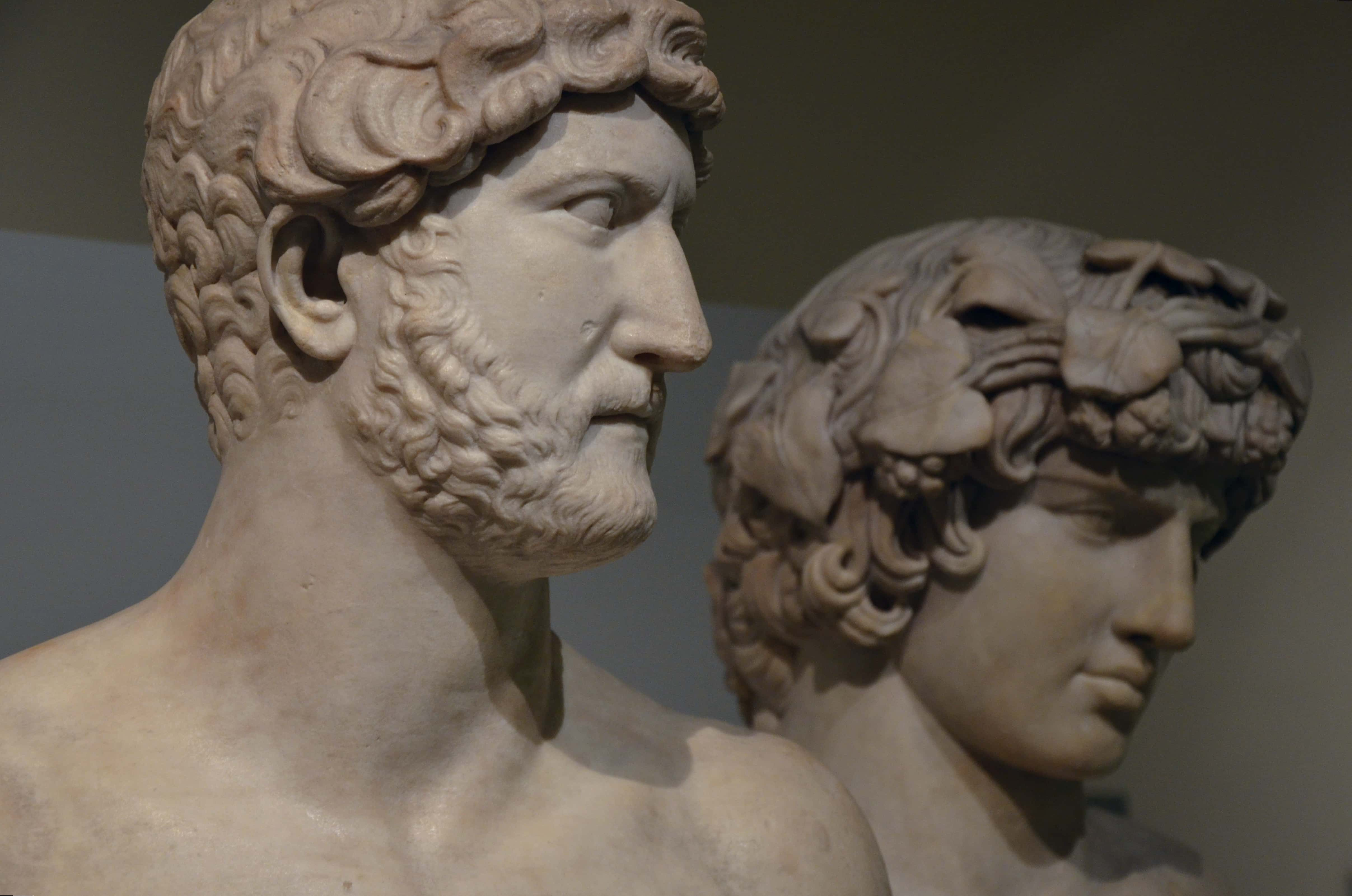 Wikimedia Commons, Carole Raddato
Wikimedia Commons, Carole Raddato
32. Choosing My Successor’s Successor
Following the abrupt death of his first adopted son, Hadrian needed to make a rapid second choice. He ended up going with a politician named Antoninus Pius. However, Hadrian had one condition for Pius before the adoption went through: Pius could only become the heir so long as he named Marcus Aurelius and Lucius Verus as his own heirs.
Pius agreed to do so, and the rest is history.
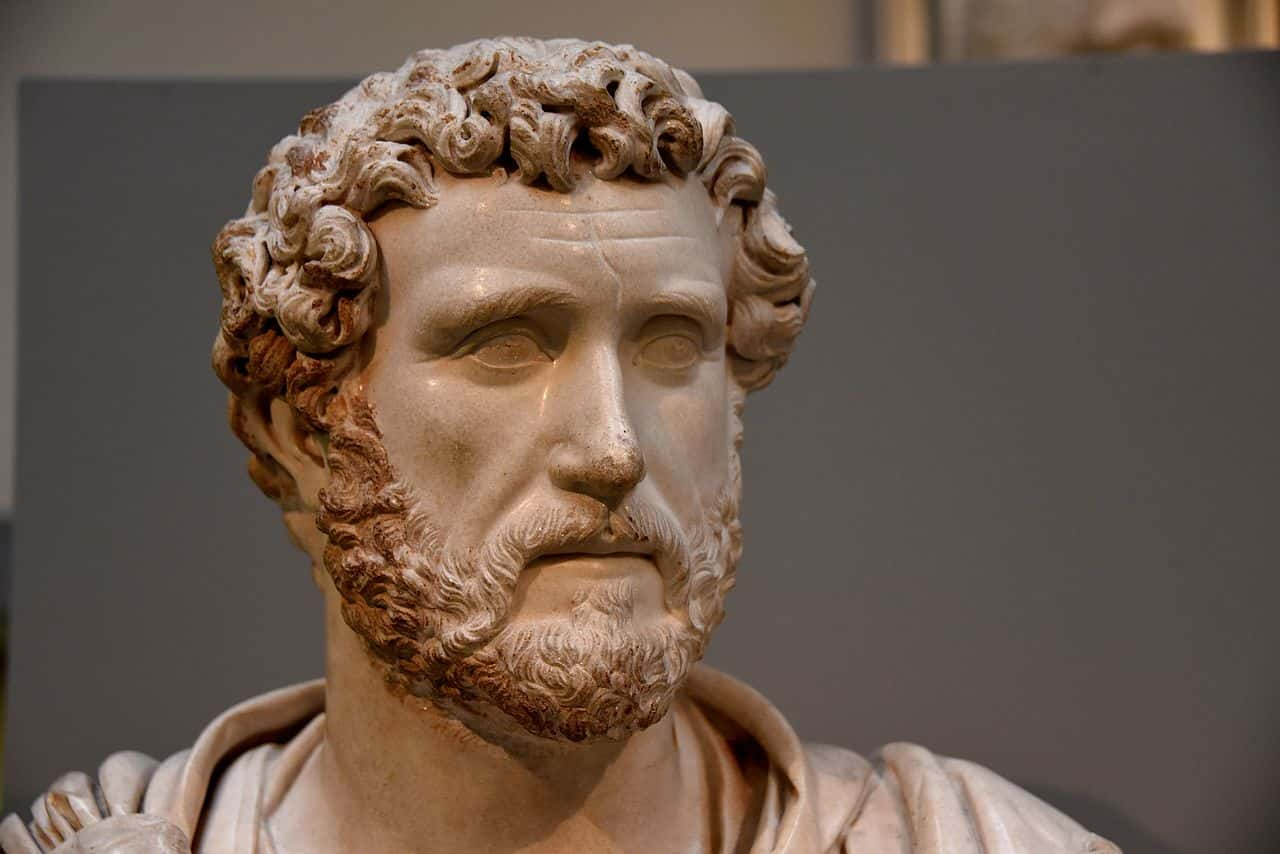 Wikimedia Commons, Osama Shukir Muhammed Amin
Wikimedia Commons, Osama Shukir Muhammed Amin
33. Drop That Razor!
Believe it or not, Hadrian was a revolutionary figure in the world of Roman fashion. Specifically, he set a trend by growing out a beard (allegedly for hiding blemishes and scars on his face). Predictably, the emperor having a beard meant that the Romans jumped on the same trend, but the style survived Hadrian for generations. After Hadrian, every Roman emperor wore a beard until the time of Constantine the Great.
34. One Awkward Thanksgiving Dinner!
Hadrian’s brother-in-law, Julius Servianus, he remained a thorn in the emperor's side for a long time. When Hadrian’s health began declining, Servianus was far too old to be Hadrian’s heir, but he hoped to put his grandson, Gnaeus Pedanius Fuscus Salinator, on the throne after Hadrian died. Allegedly, the ambitious grandson attempted to mount a coup in 137, but it failed.
In response, Hadrian ordered the executions of both Servianus and Salinator.
35. The Emperor is Dead
Hadrian passed away on July 10, 138 AD at the age of 62. He was initially laid to rest in Baiae, where he died. However, his body was eventually taken to Rome on the orders of Antoninus Pius, his successor.
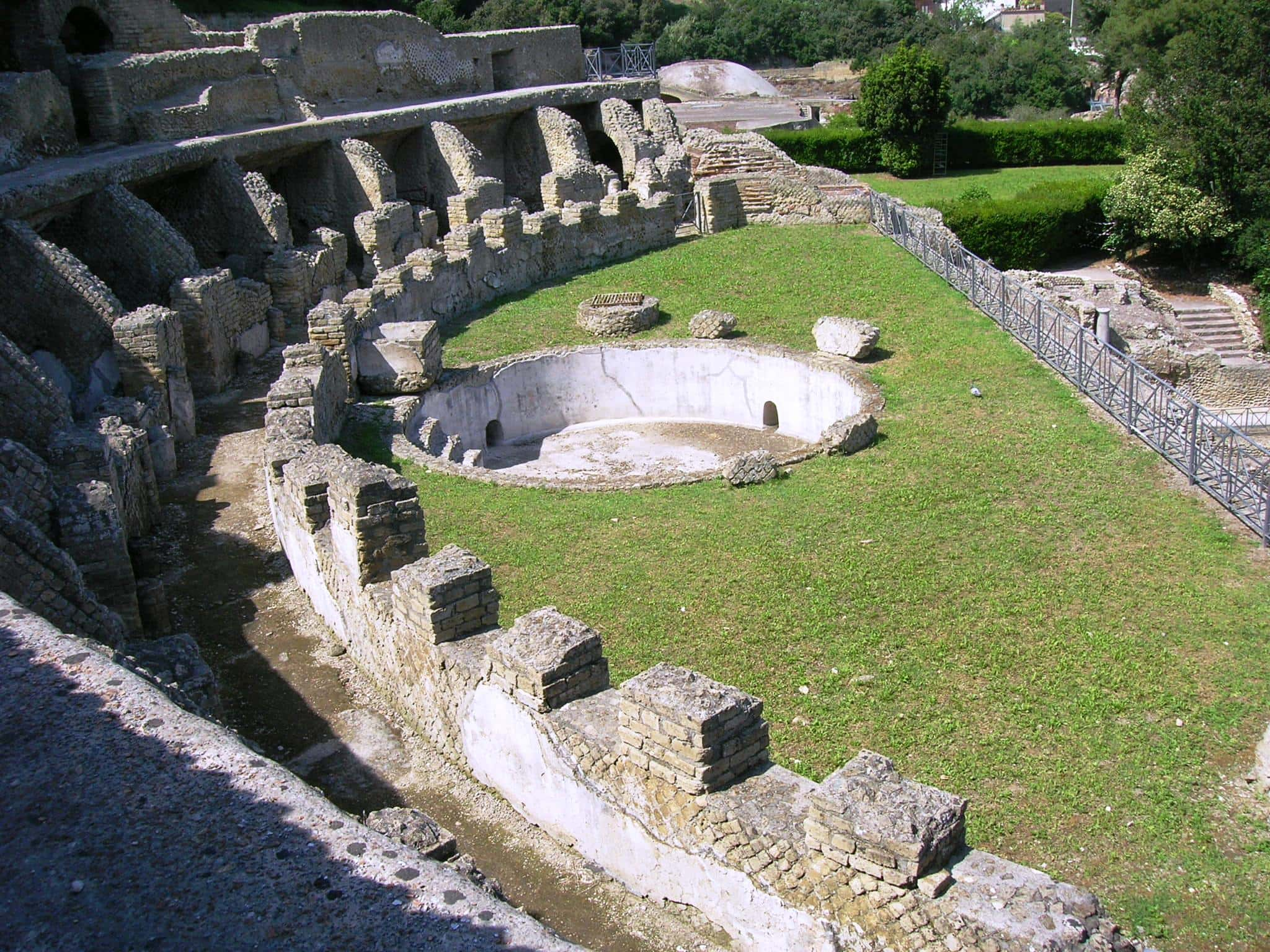 Wikimedia Commons, Mentnafunangann
Wikimedia Commons, Mentnafunangann
36. The Evolution of a Building
Once in Rome, Hadrian was cremated and laid to rest in a massive structure which was initially called the Mausoleum of Hadrian, now known as the Castel Sant’Angelo. Once the tallest structure in all of Rome, Hadrian initially intended the building to be a tomb for him and his family, but it became a fortress used by various popes of the Catholic faith. It also functioned as a prison under the Papal States.
It currently functions as a museum.
37. You are a God! A God, I Say!
Hadrian’s romantic relationship with Antinous came to a tragic end in 130 AD. While sailing on the River Nile, Antinous fell into the water and presumably drowned. There is a lot of mystery and controversy around his death, and historians continue to dispute whether it was an accident, a sacrifice, or a murder. Regardless, Hadrian was heartbroken at his lover's death. He proceeded to found a cult around Antinous, who was deified after death.
The cult around Antinous spread all across the Roman Empire and was prominent until the reign of Emperor Theodosius more than 250 years later. In more recent years, the worship of Antinous as a deity has been revived among a small number of Neo-Pagan groups.
38. Meanwhile, Back in the Middle East
One of the most significant exceptions to Hadrian’s peaceful rule was the Bar-Kochba Revolt. In the wake of the First Roman-Jewish War, Hadrian's predecessor Trajan sacked the city of Jerusalem. When Hadrian rebuilt the city, he added a temple dedicated to the Roman god Jupiter. This infuriated the Jewish population, who rose up in revolt once again.
After four years of fighting, the Roman army had killed nearly 600,000 Jews, and Hadrian banished the rest. The emperor also made practicing Judaism illegal within the Roman Empire.
39. Who Needs Game of Thrones When You Have This?!
As we hinted earlier, Trajan didn't sign the form confirming Hadrian’s adoption; his widow, Plotina, did. Moreover, it was dated the day after Trajan died. The fact that Hadrian was nowhere near Trajan when he died, and that Roman law decreed both parties needed to be present for the adoption to be considered legitimate, cast further suspicion on the process.
All this has led to a lot of contention among historians who argue whether Hadrian’s adoption was actually Trajan's will or whether it was a case of Plotina assisting Hadrian in a usurpation of her husband's position.
40. Where’s a Citizen’s Arrest When You Need it?
Although Hadrian’s ascension to the title of emperor went more or less smoothly as far as the Roman Senate was concerned, the transition was marred by a bloody act. Four senators who had voted against Hadrian were executed unlawfully, making it tantamount to cold-blooded murder. Hadrian was held responsible for these deaths, and the senate never let him forget it for the rest of his rule.
41. He Said, He Said
As you can imagine, Hadrian claimed he had nothing to do with the executions. He blamed Acilius Attianus, the prefect of the Praetorian Guard, for carrying out these bloody killings. To be fair, Attianus really did see these deaths carried out, but whether he did it on his own or whether he acted on Hadrian’s orders remains a mystery.
42. Terrible Curse
Allegedly, Hadrian’s brother-in-law, Julius Servianus, spent his last moments prior to execution praying that Hadrian would “long for death but be unable to die.” If that was true, Servianus saw his prayer fulfilled. While suffering from his final illness, Hadrian felt such pain that he unsuccessfully attempted suicide on several occasions.

